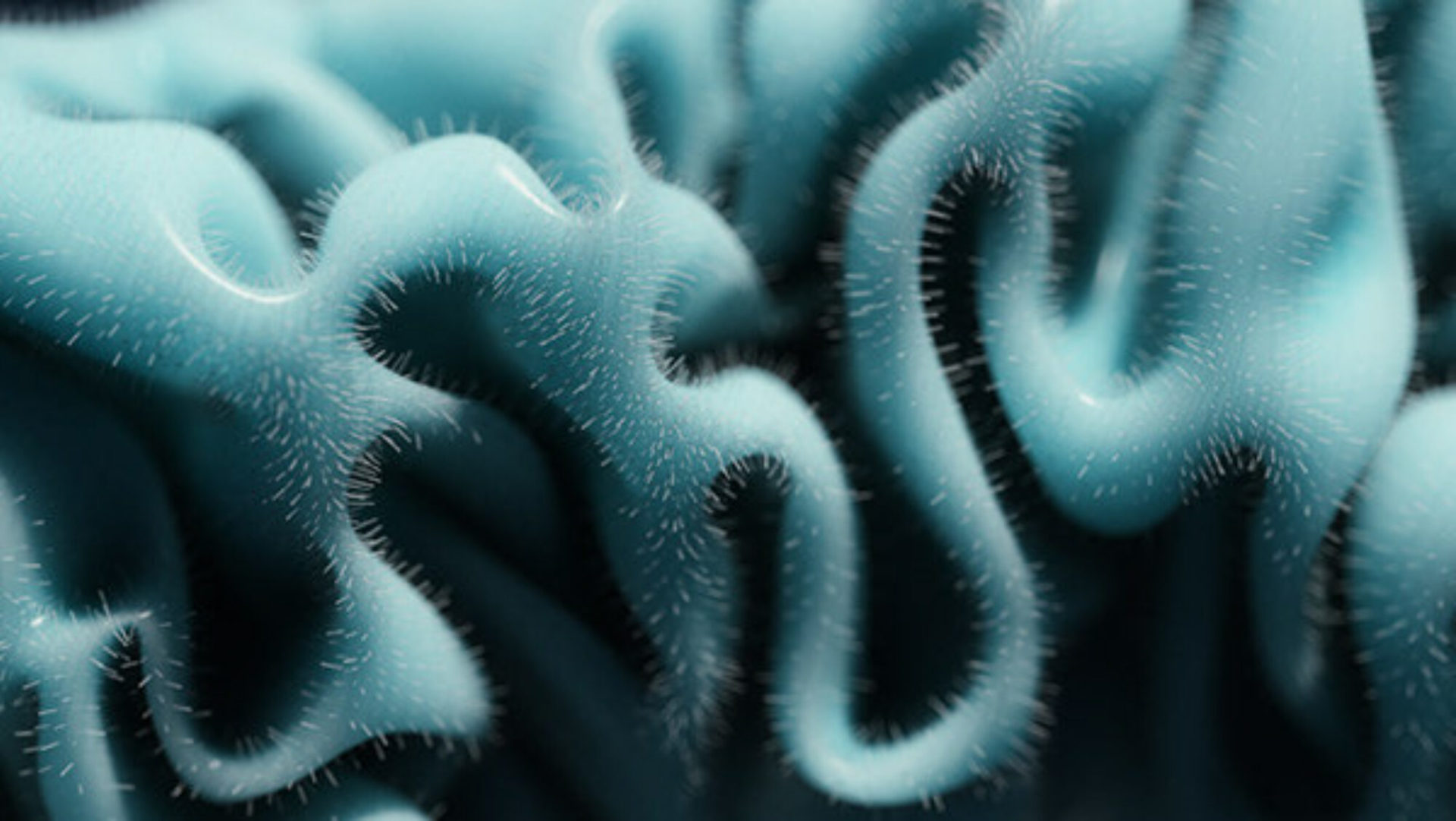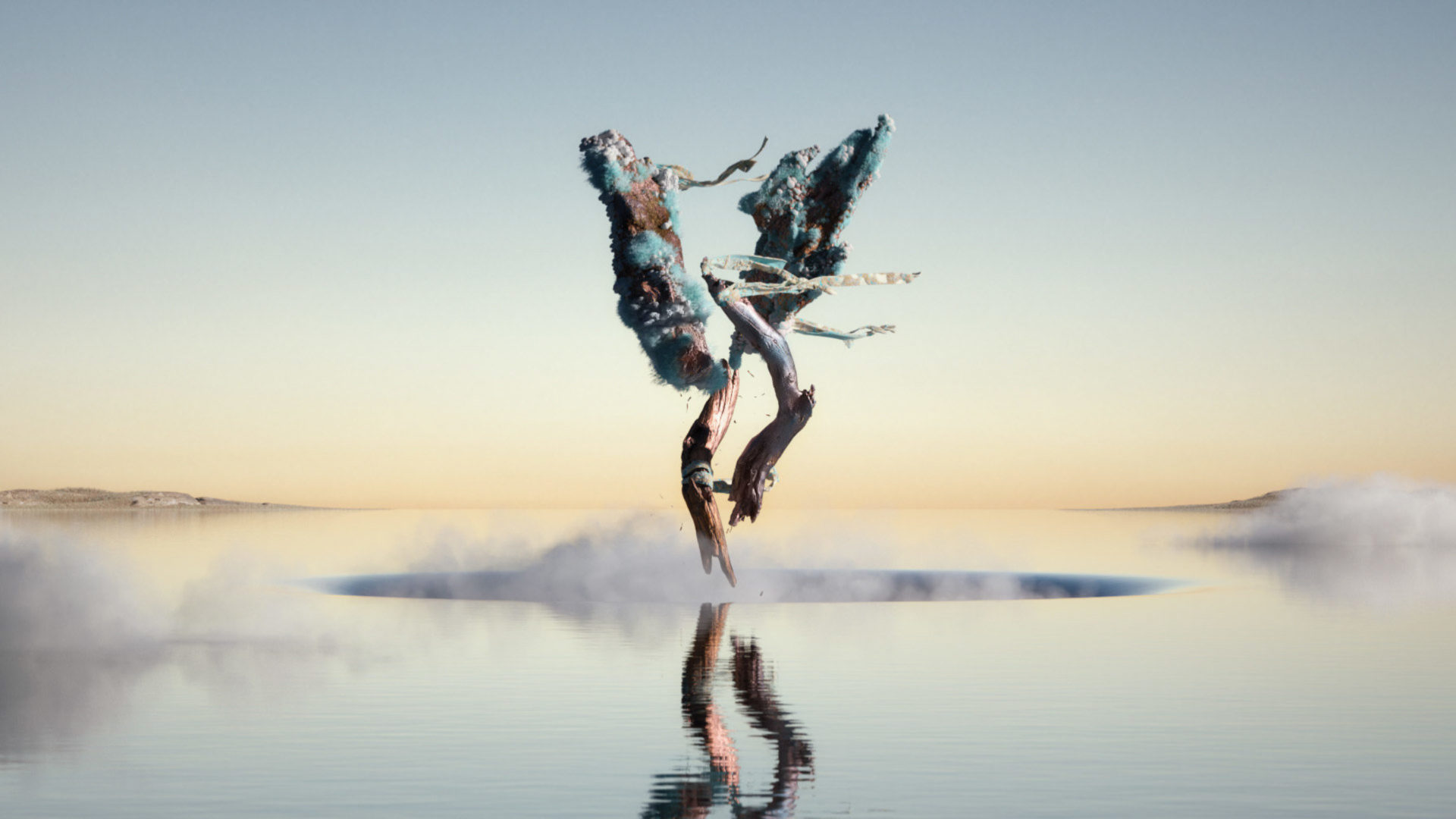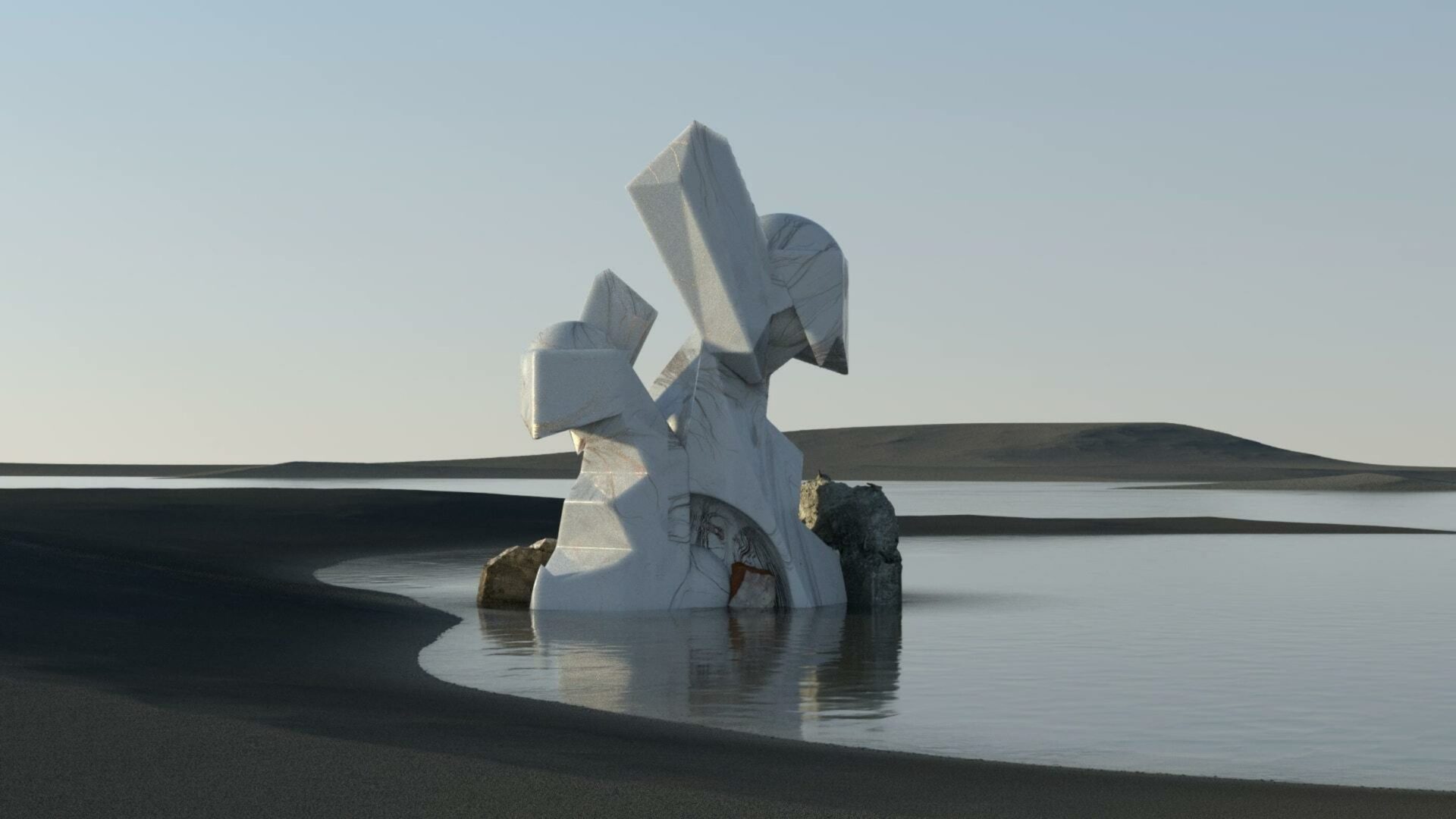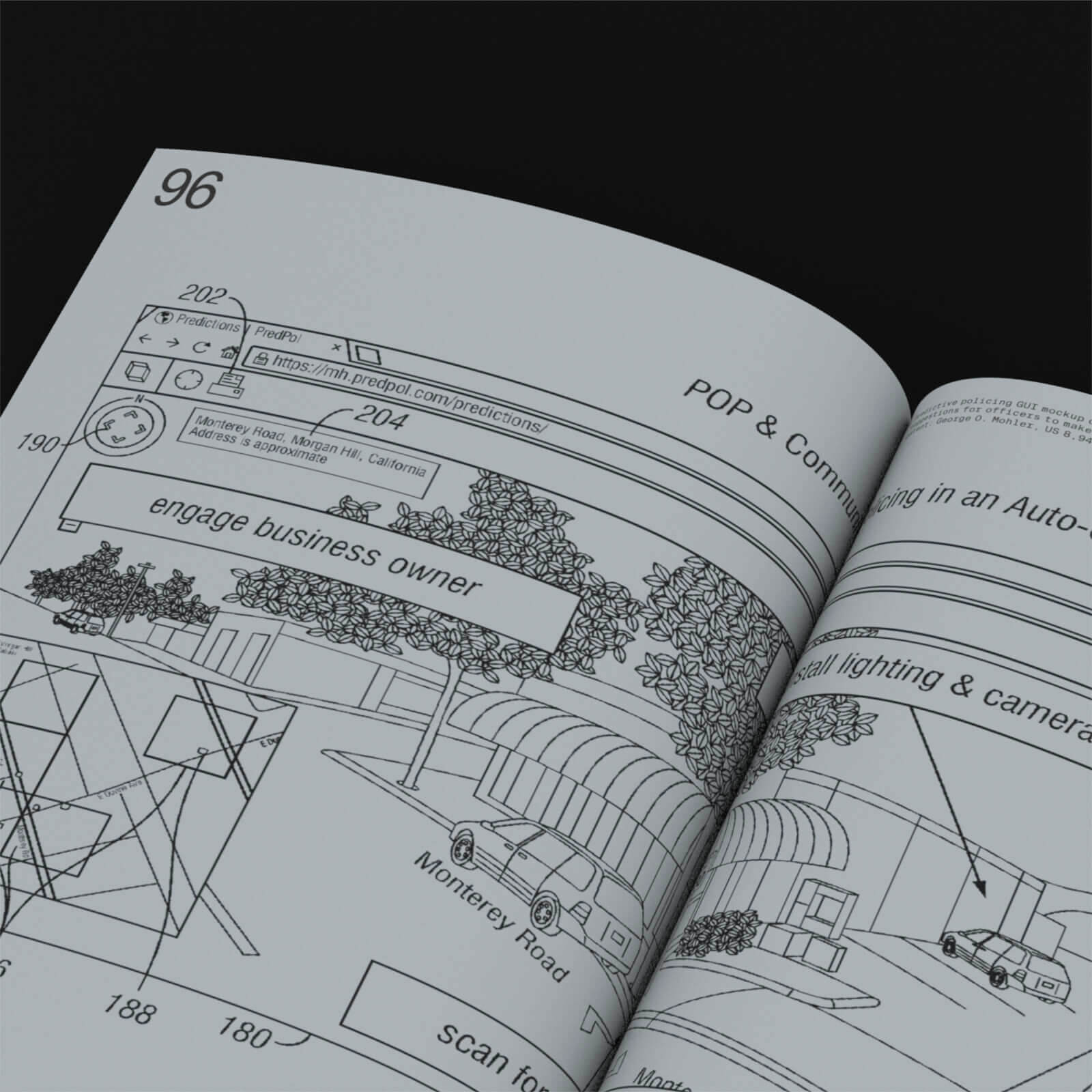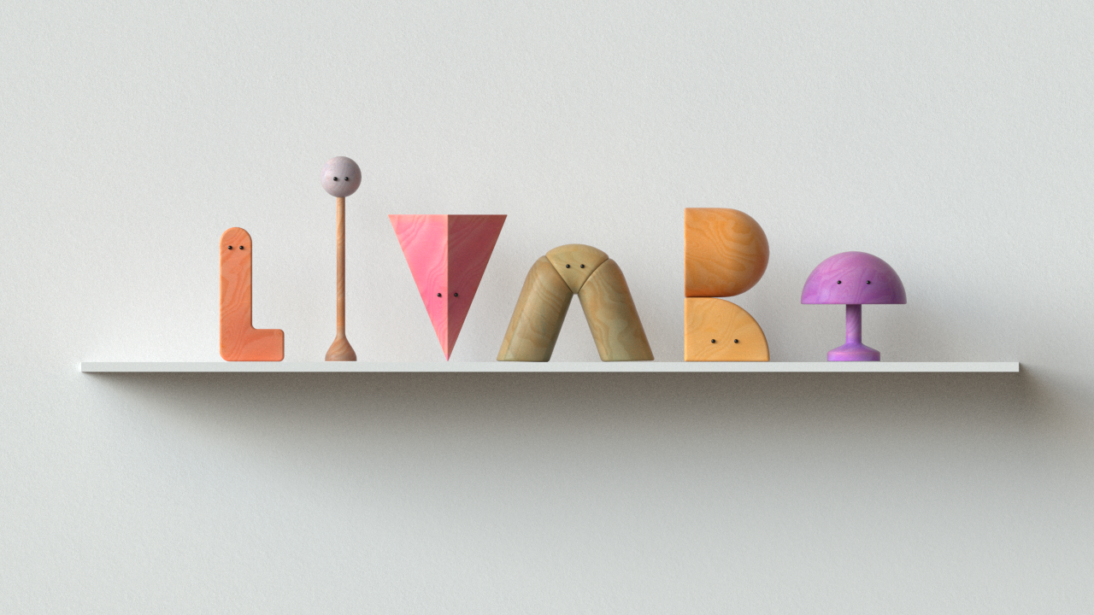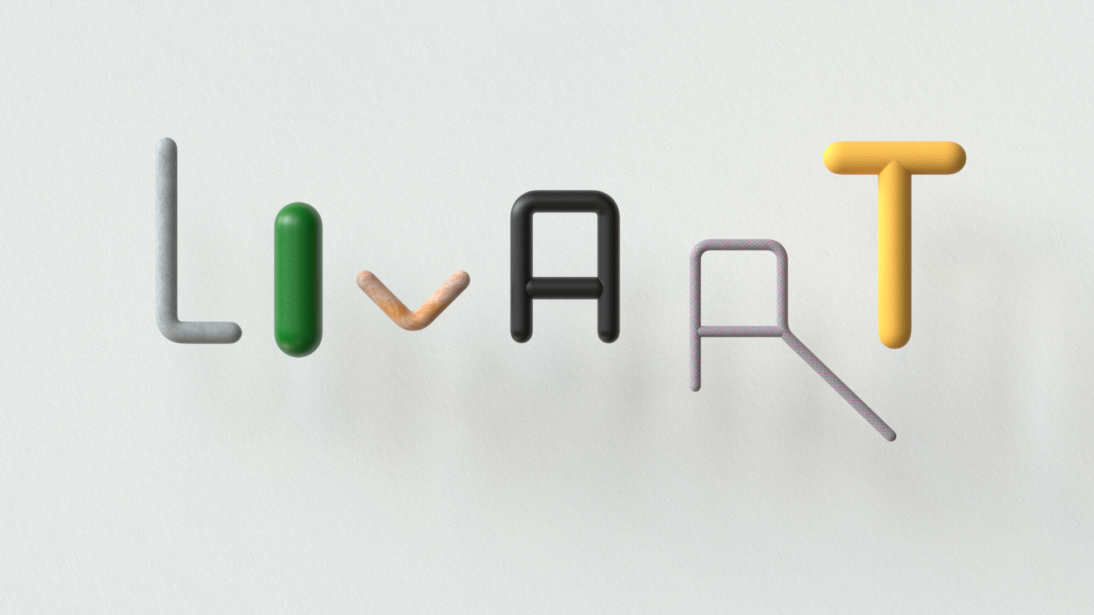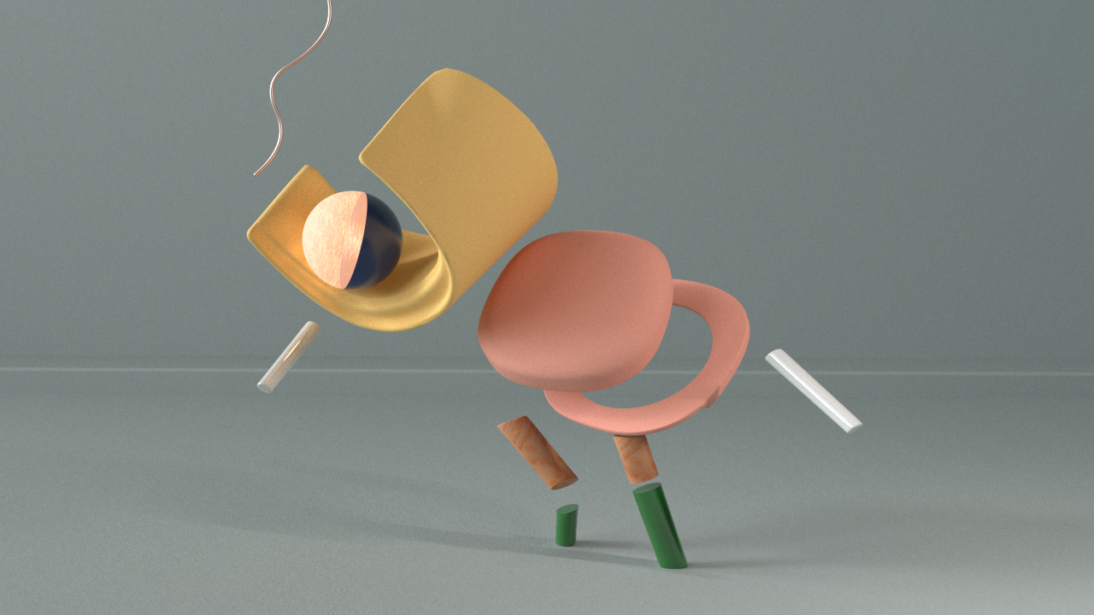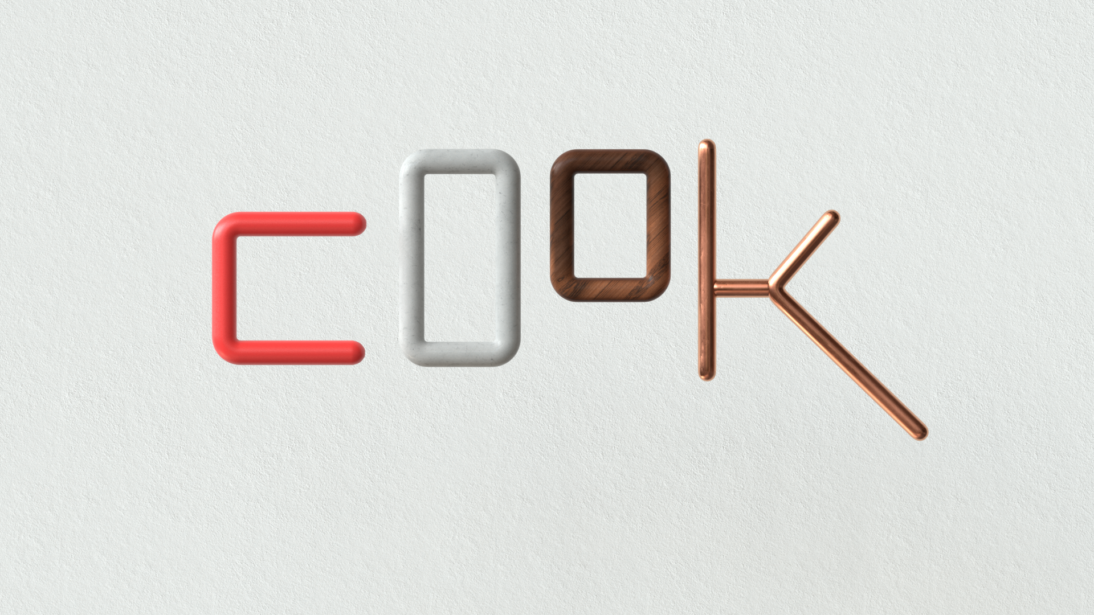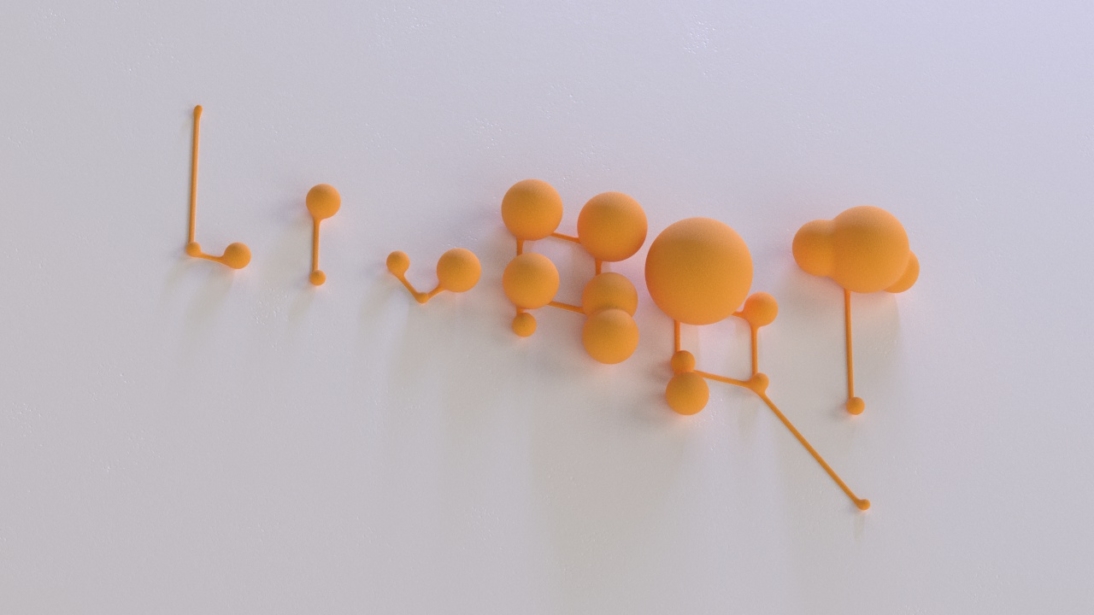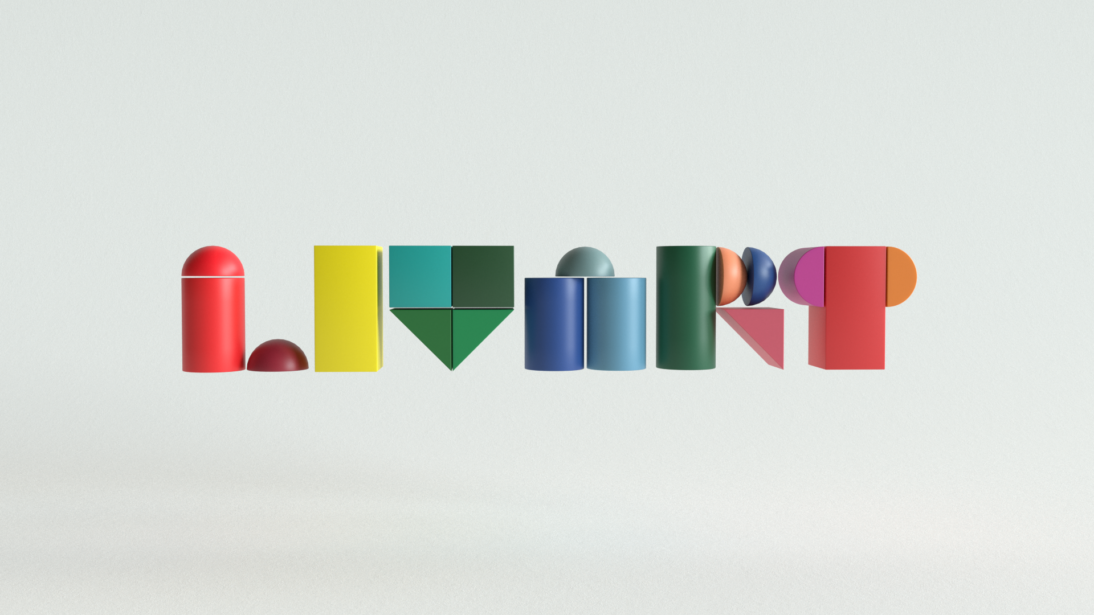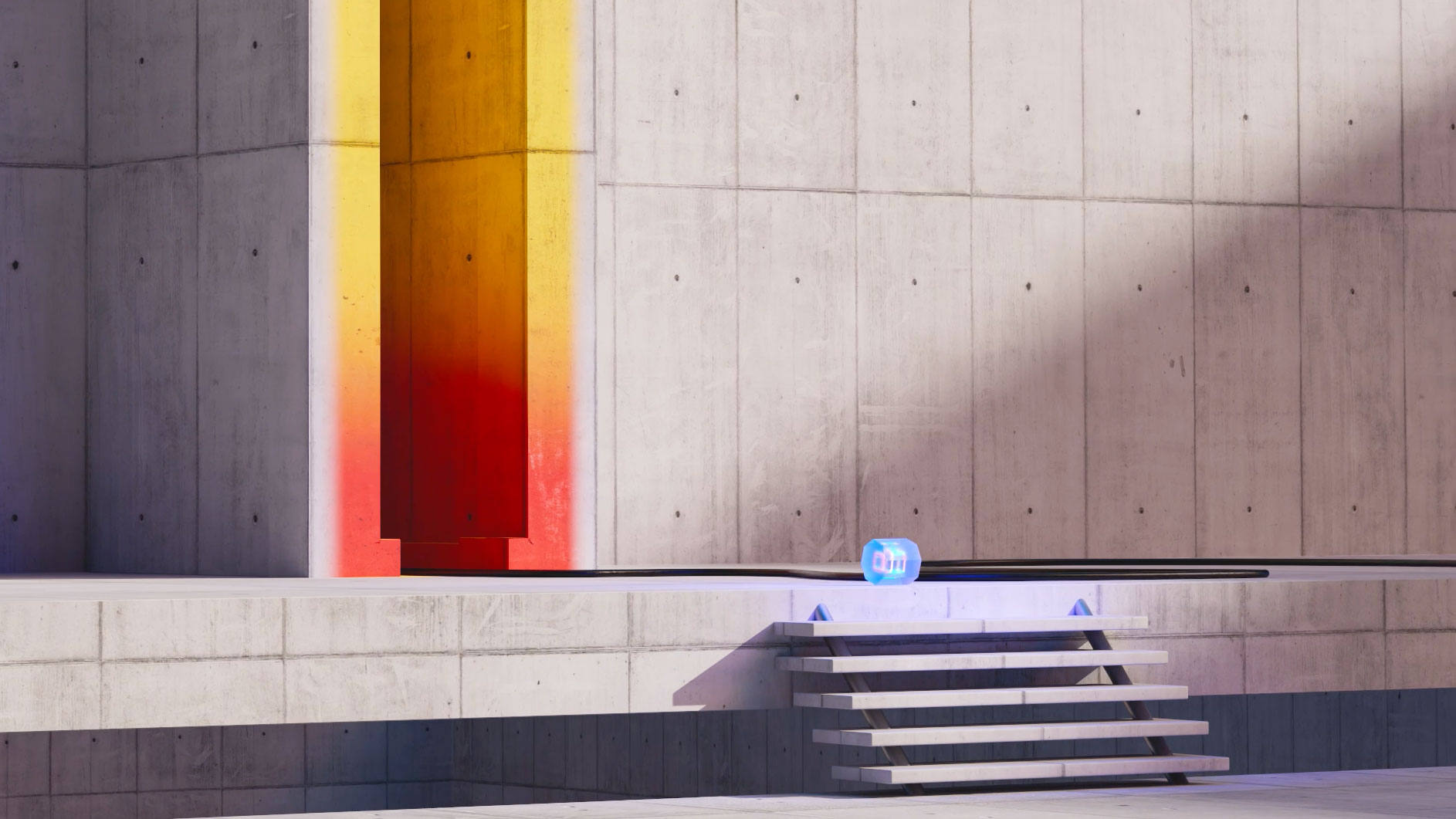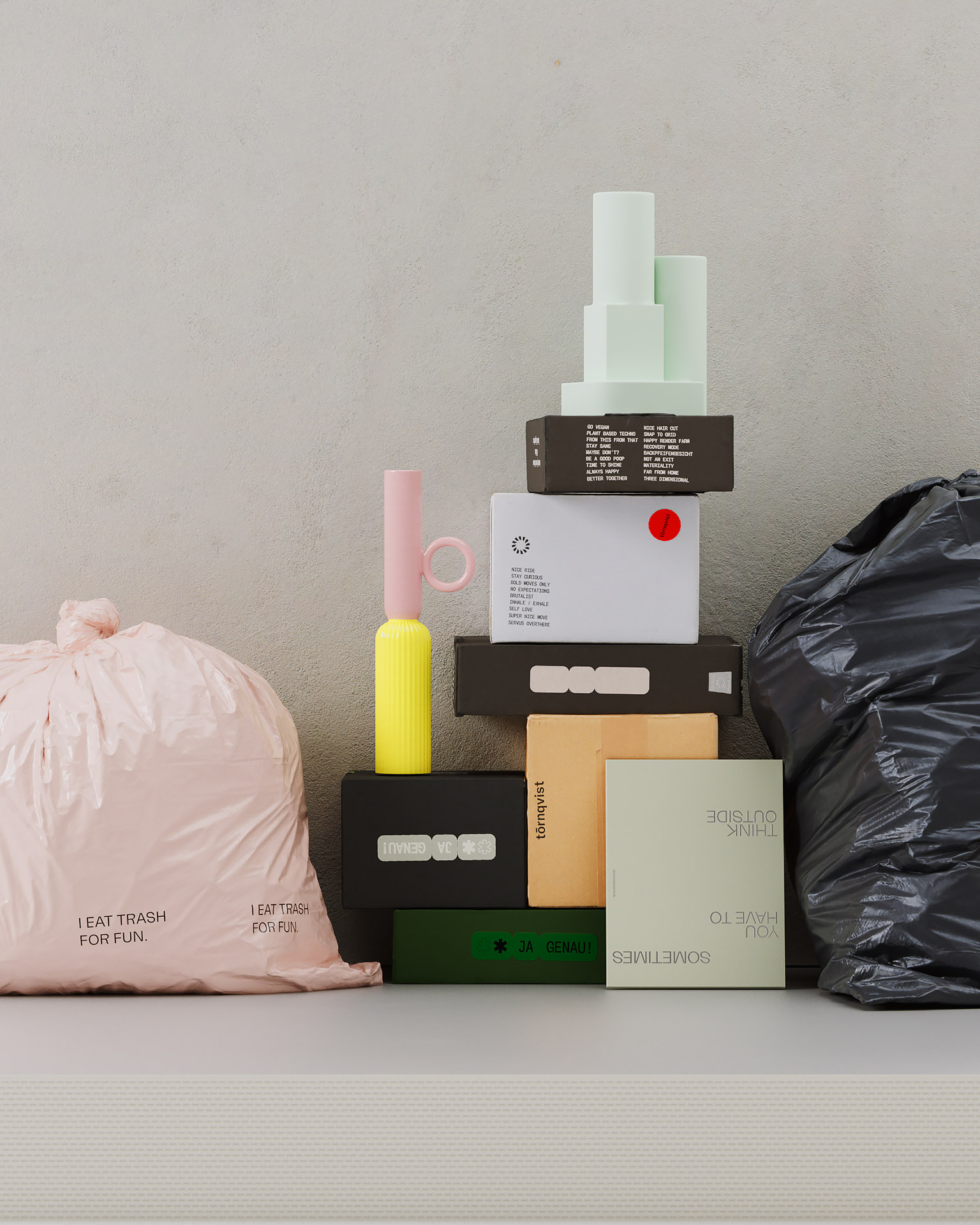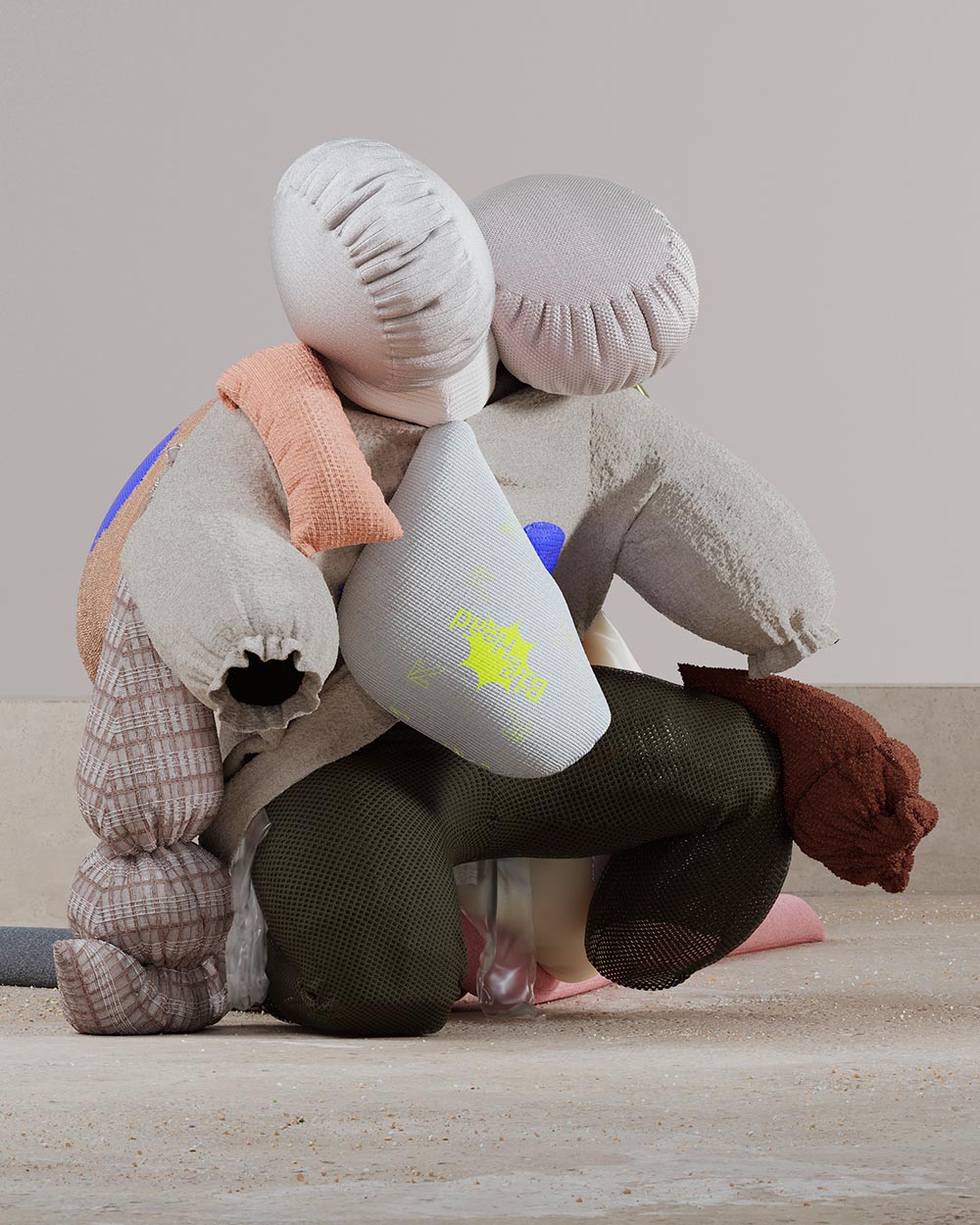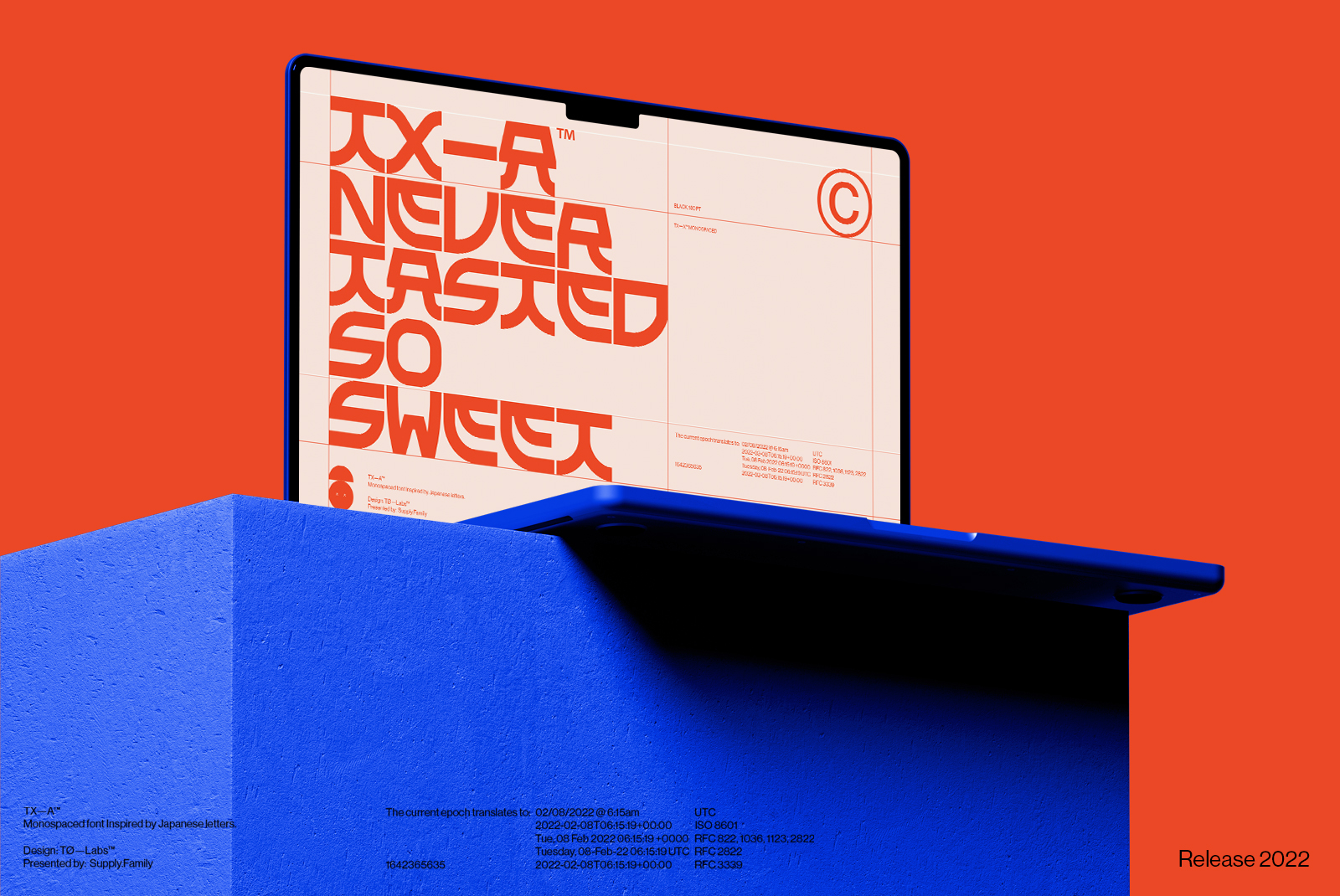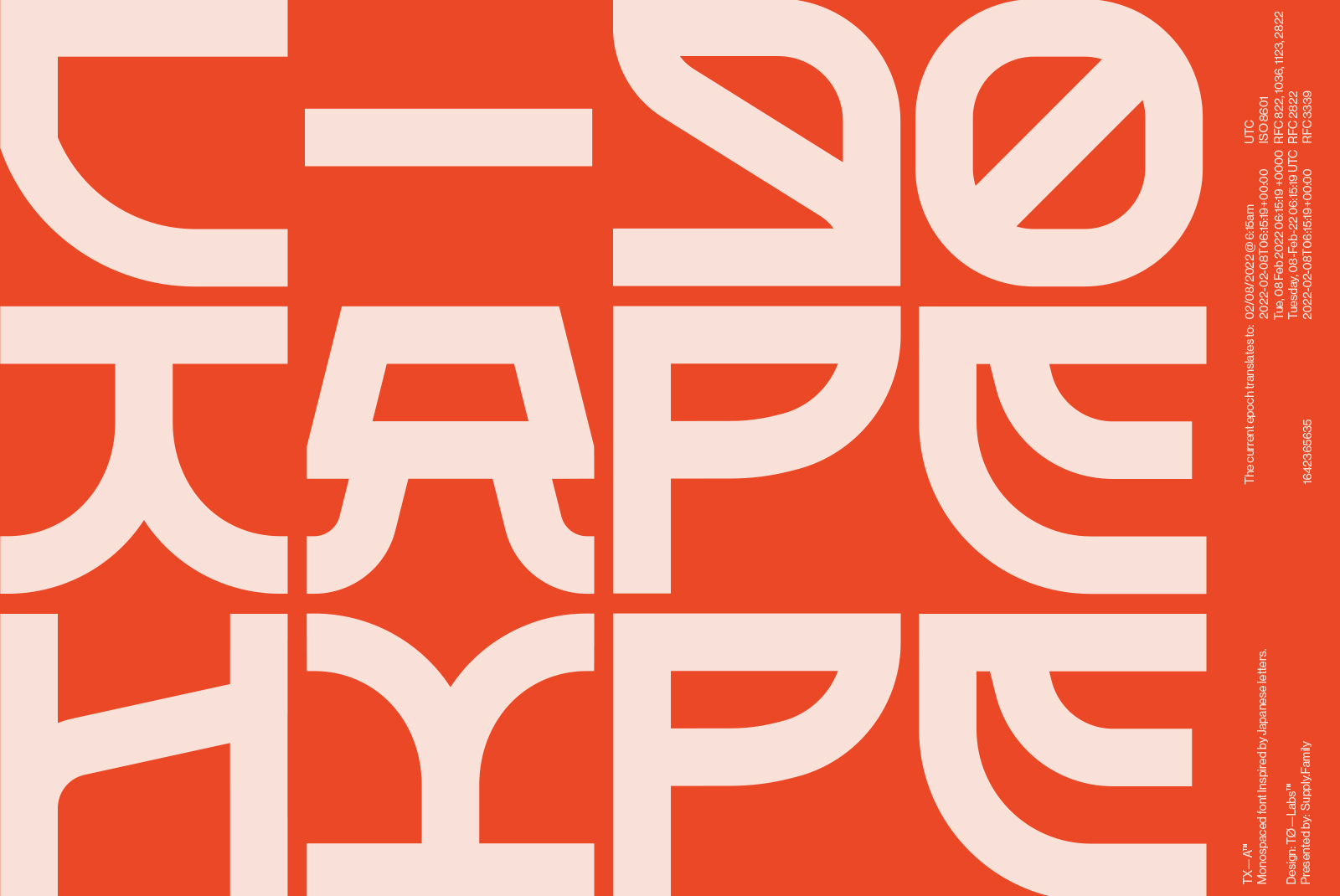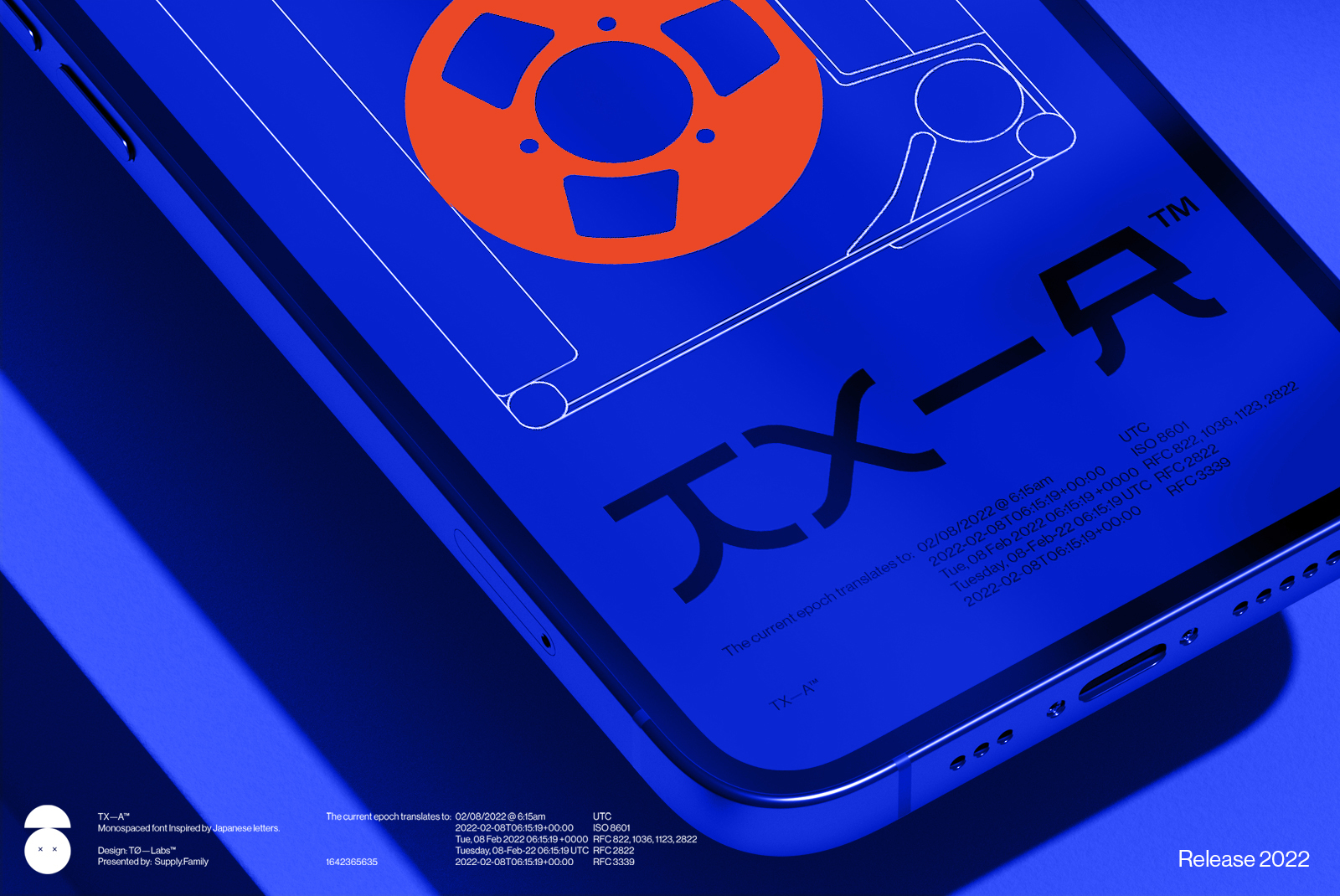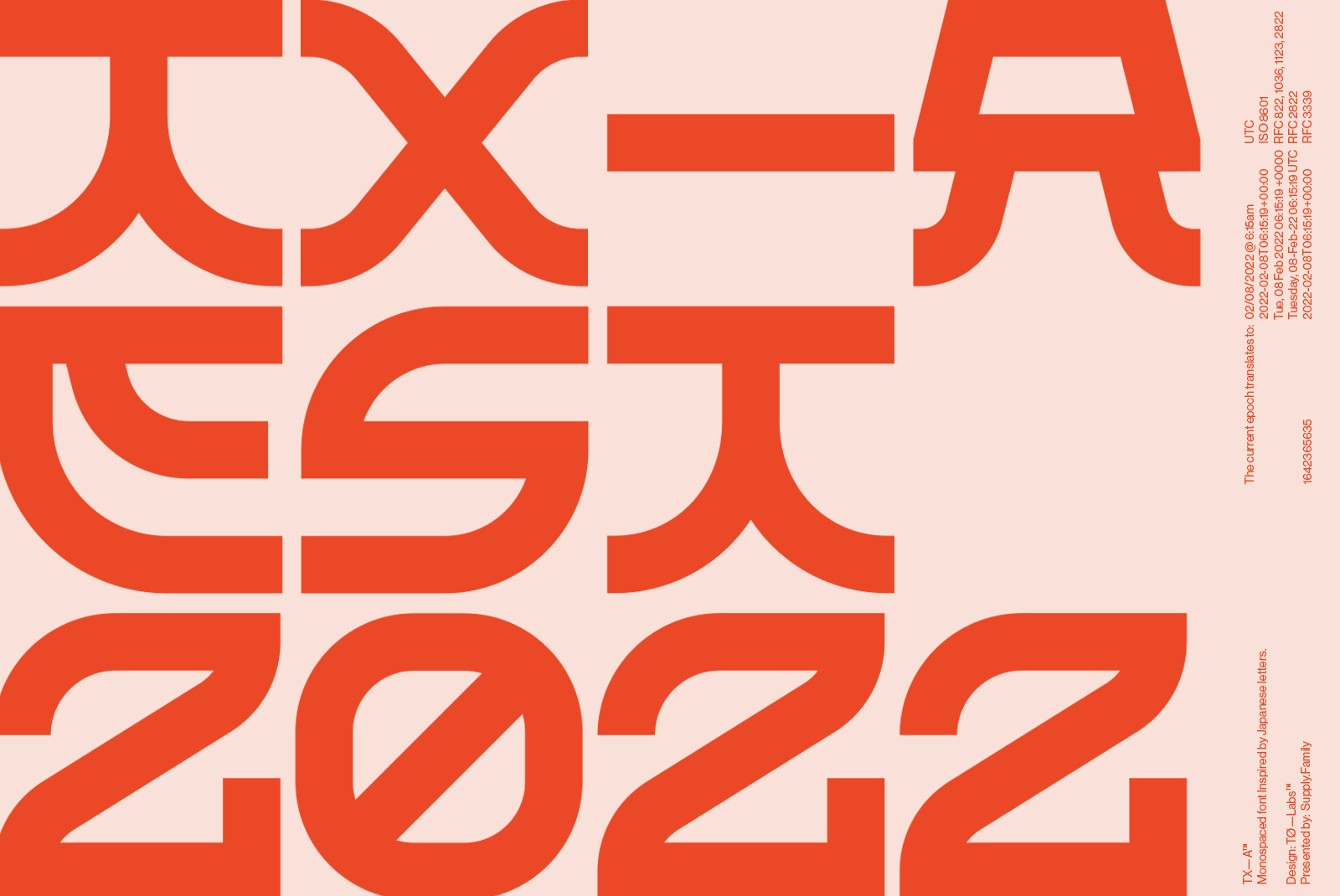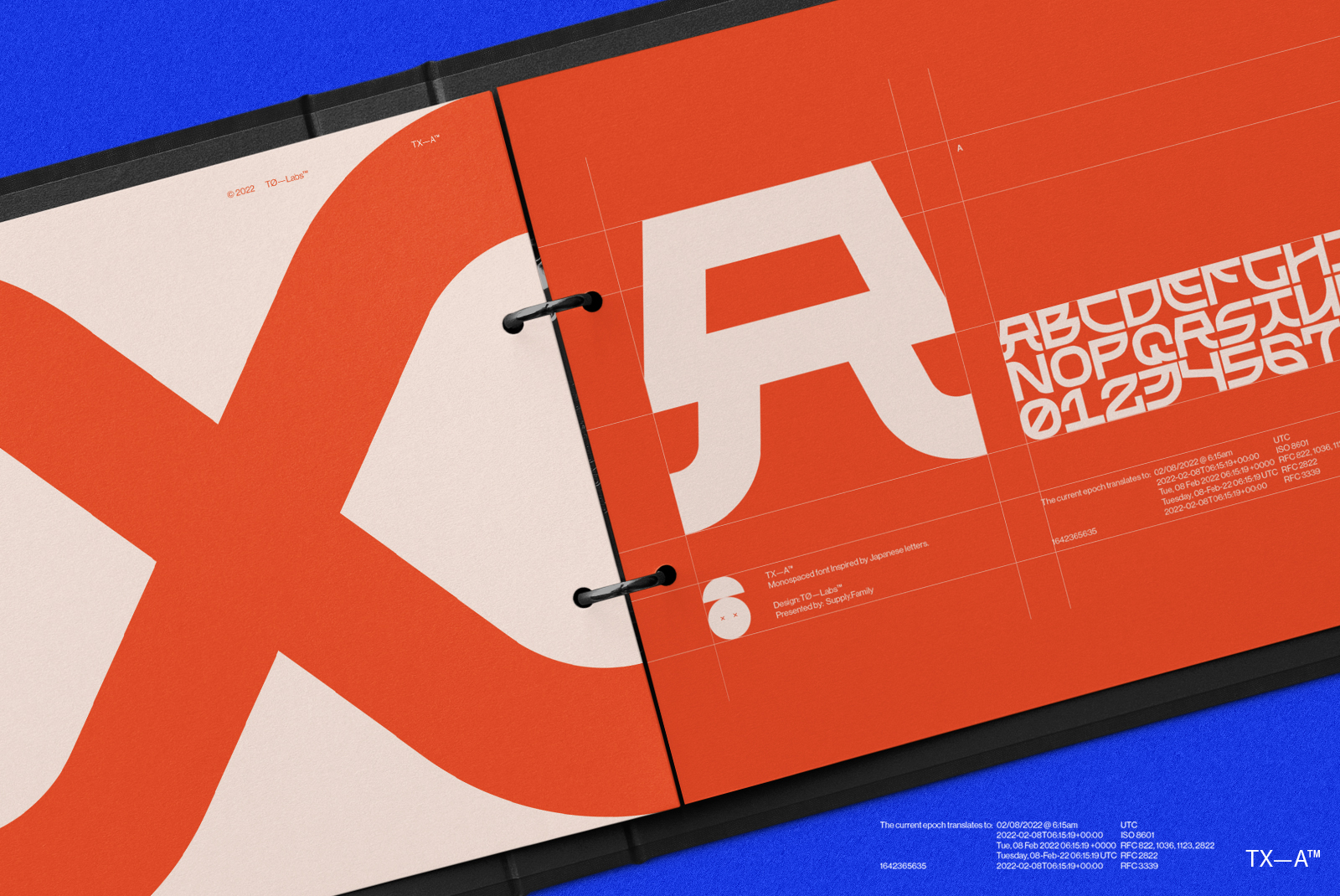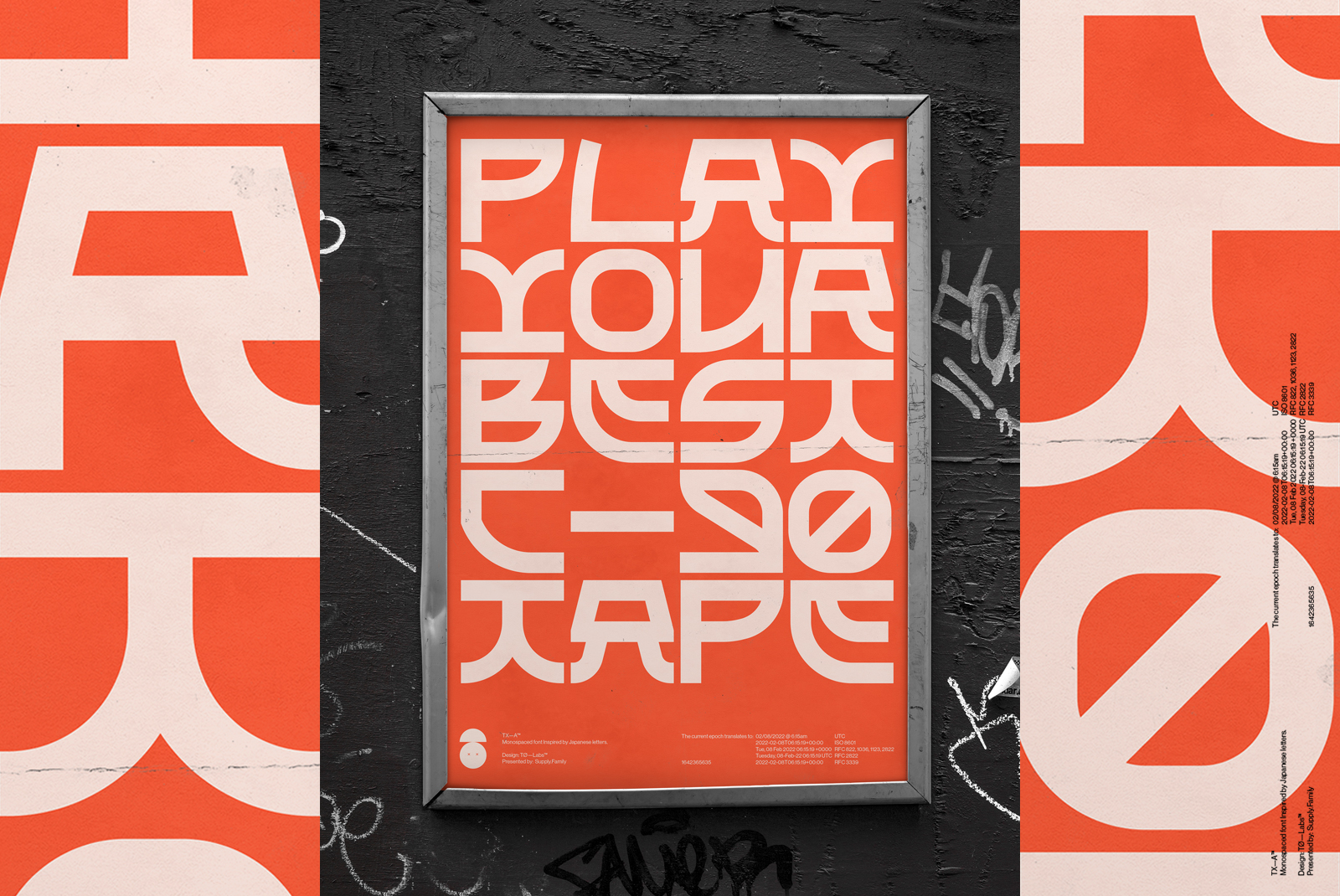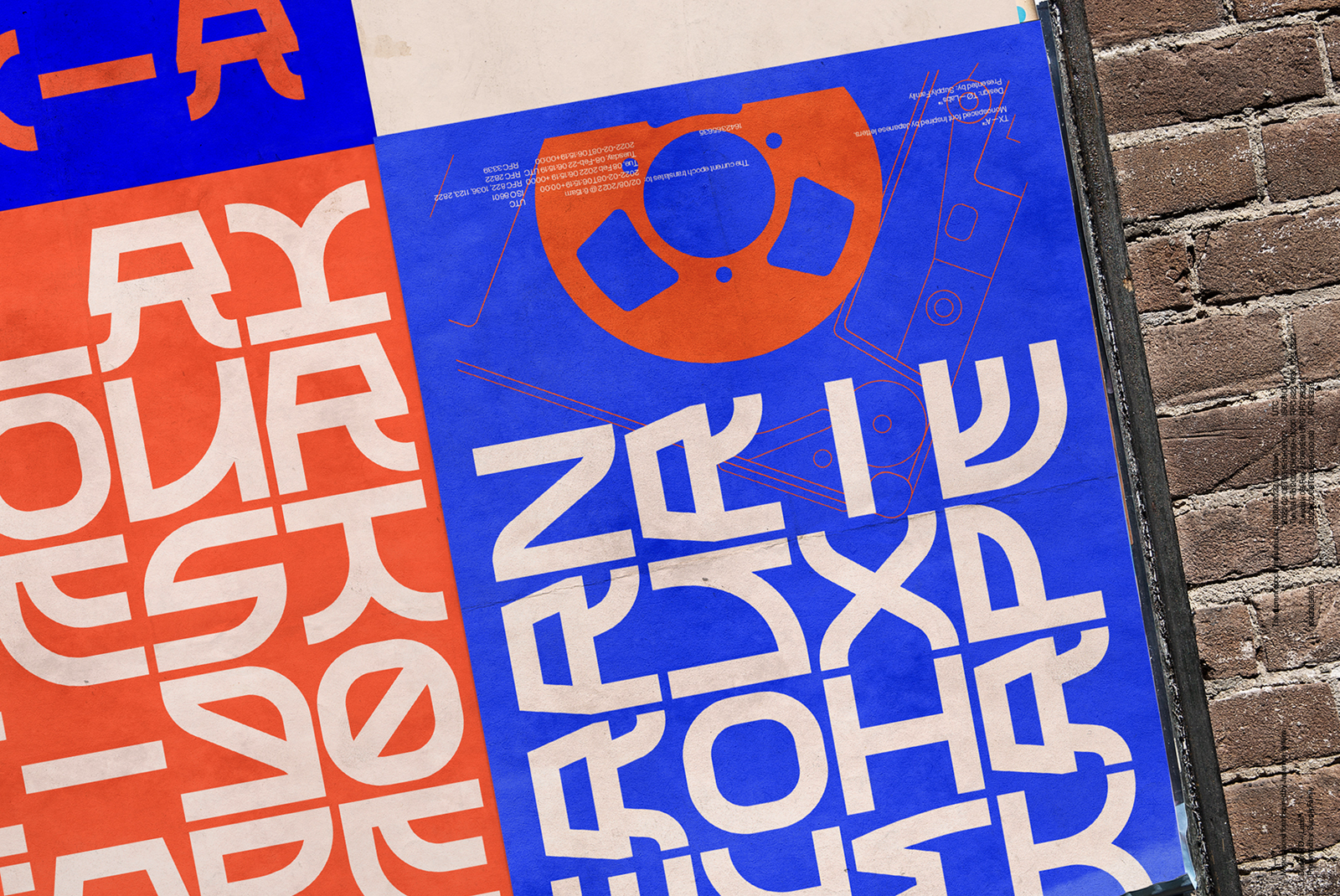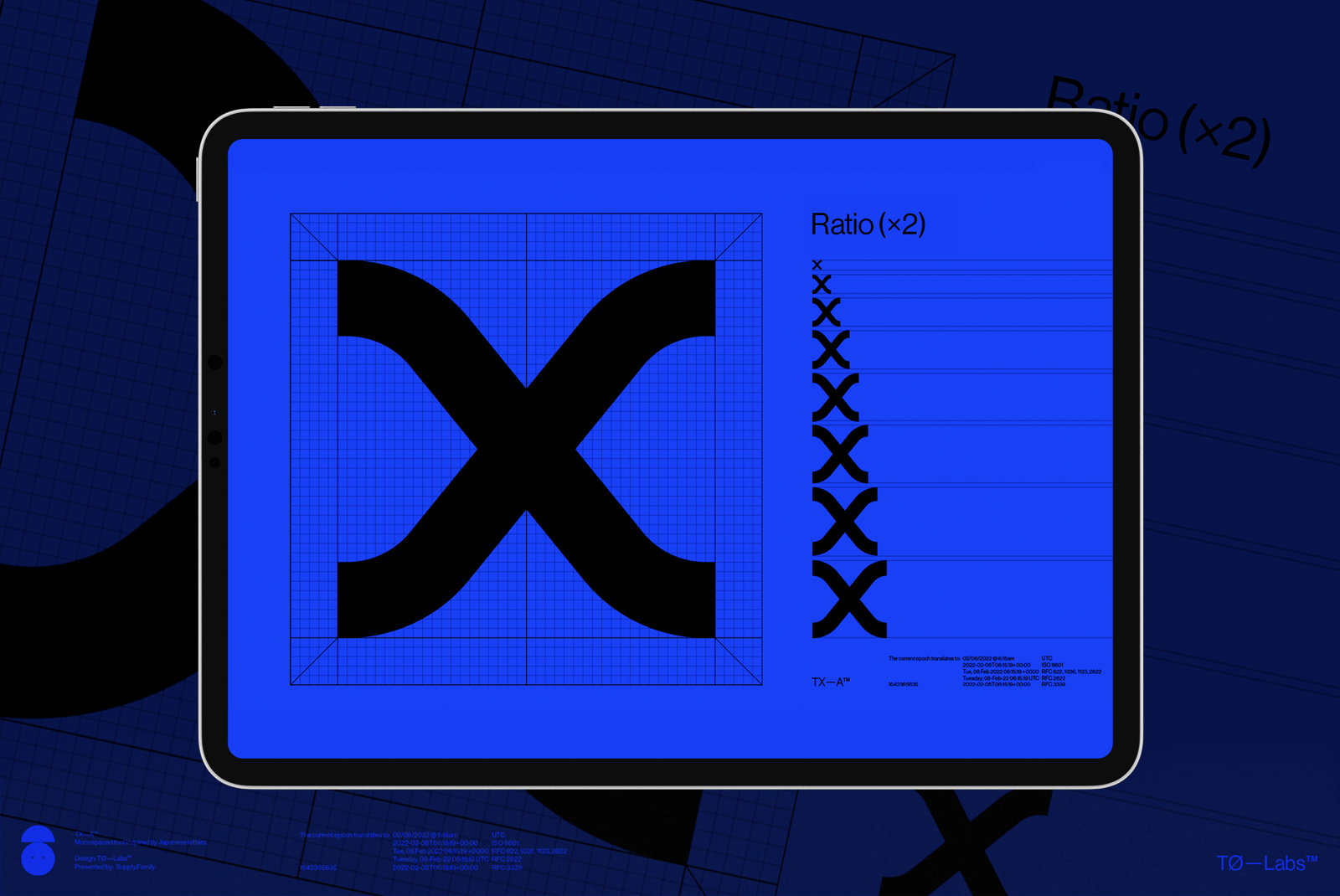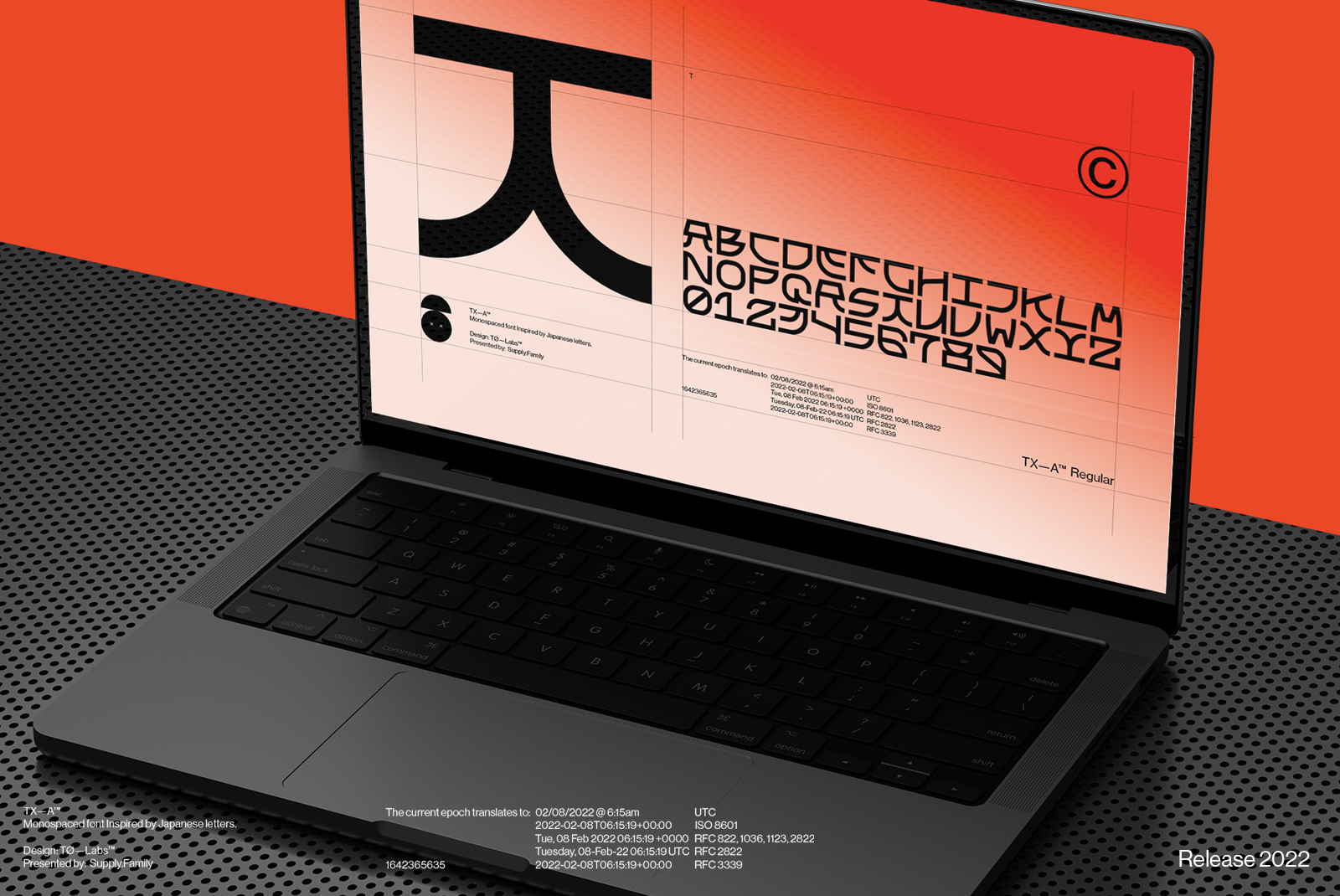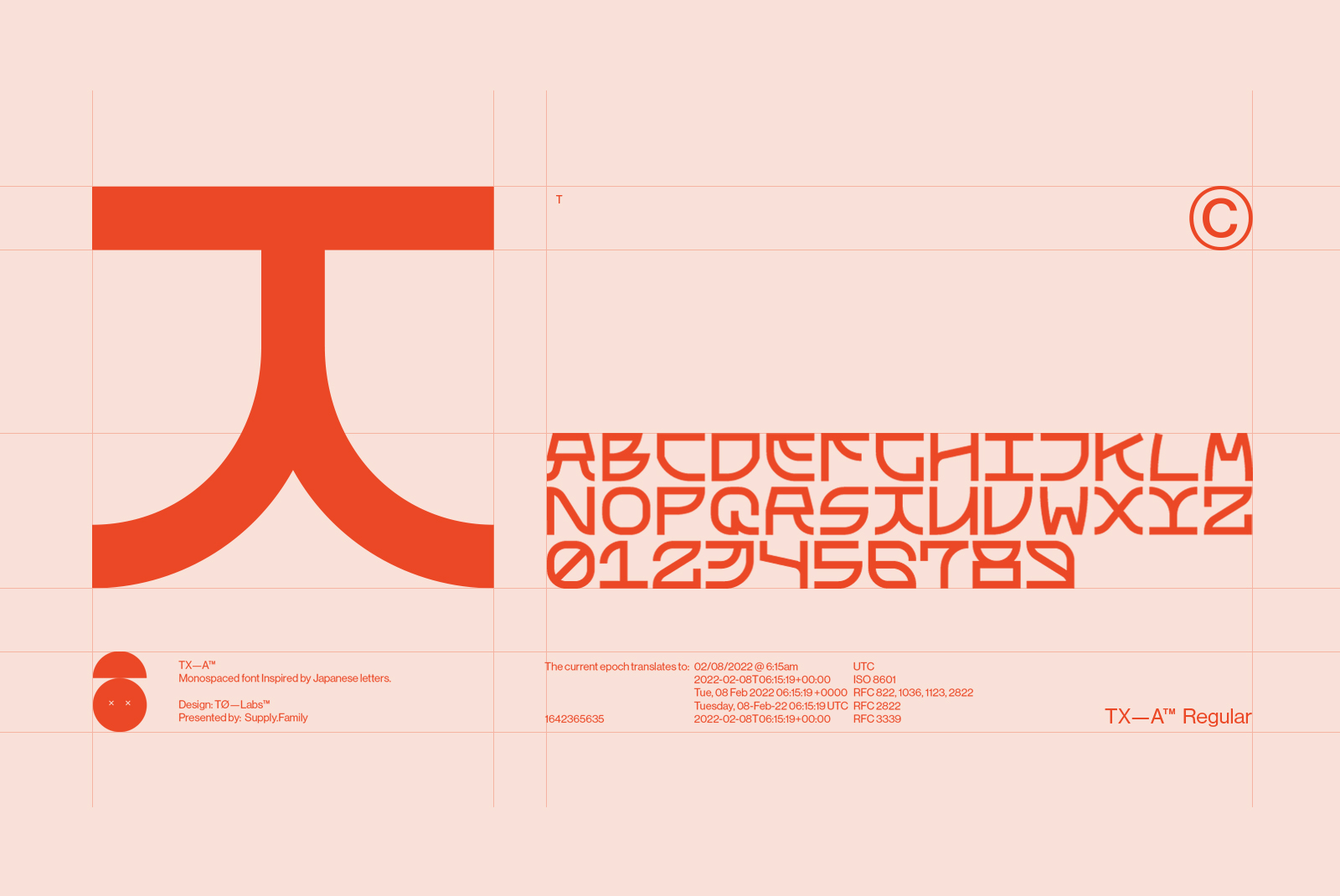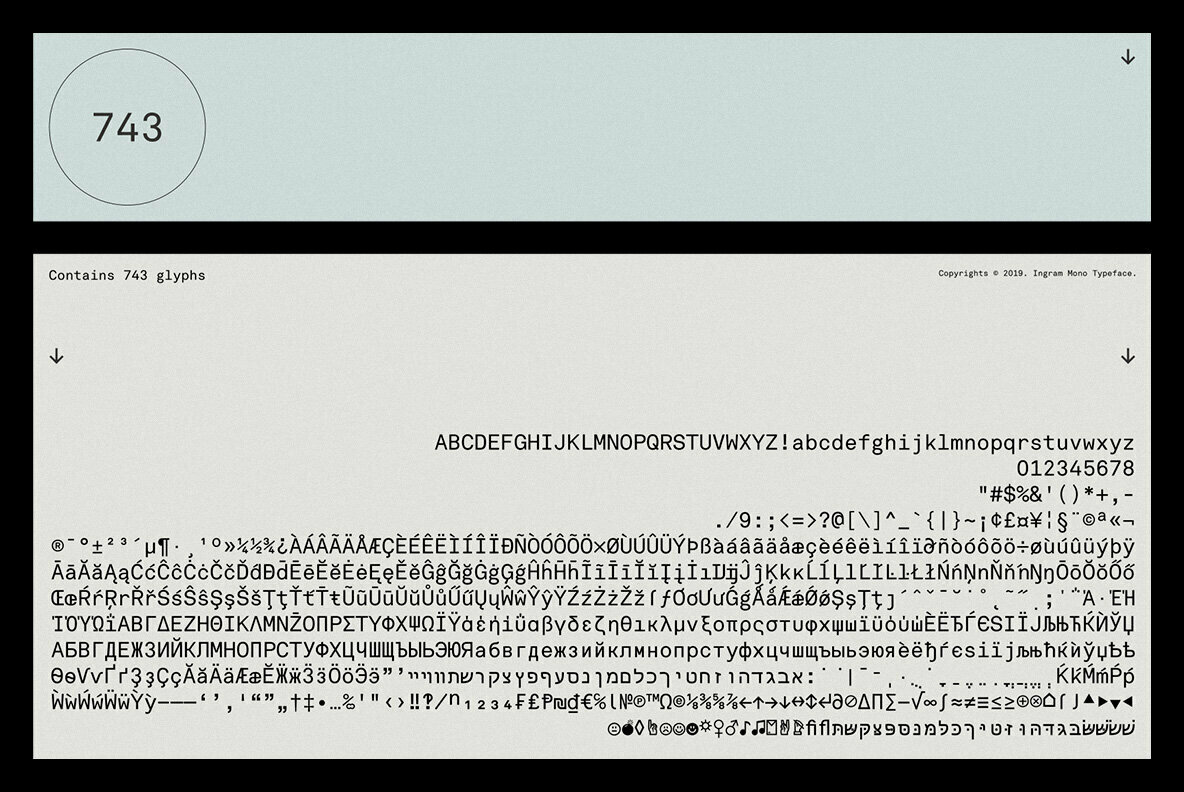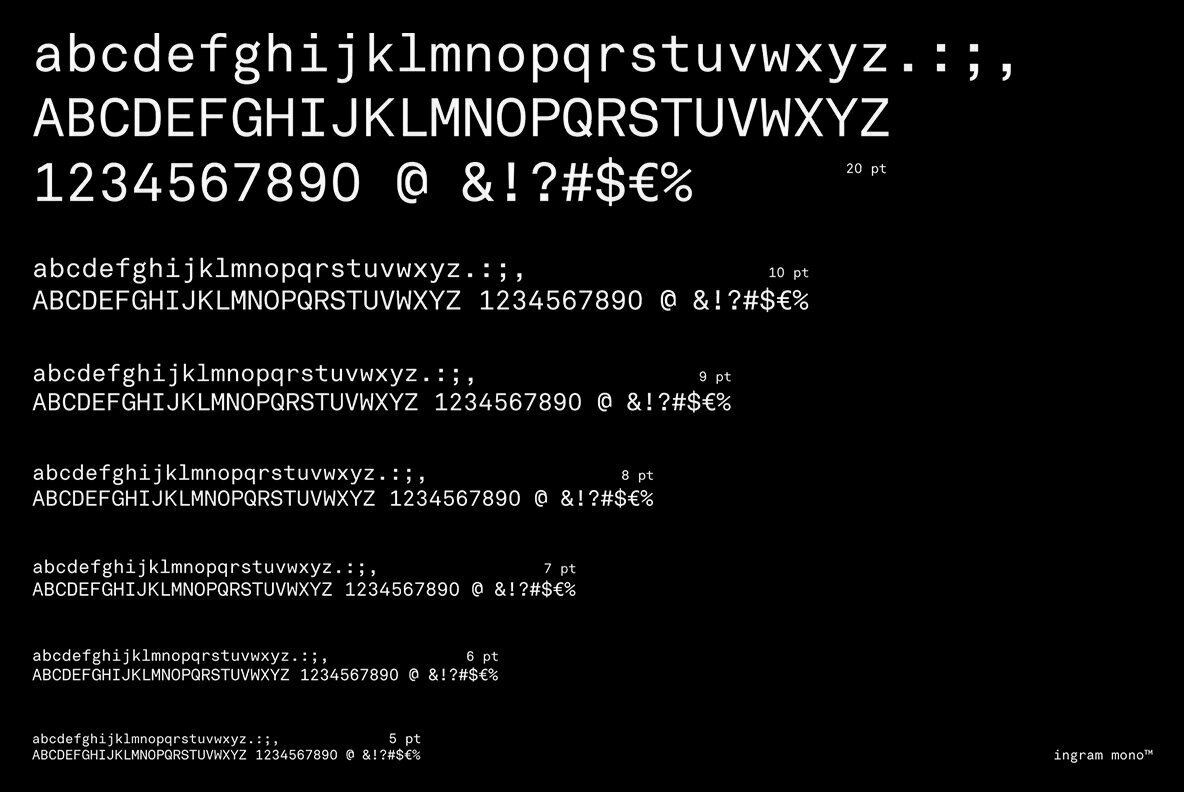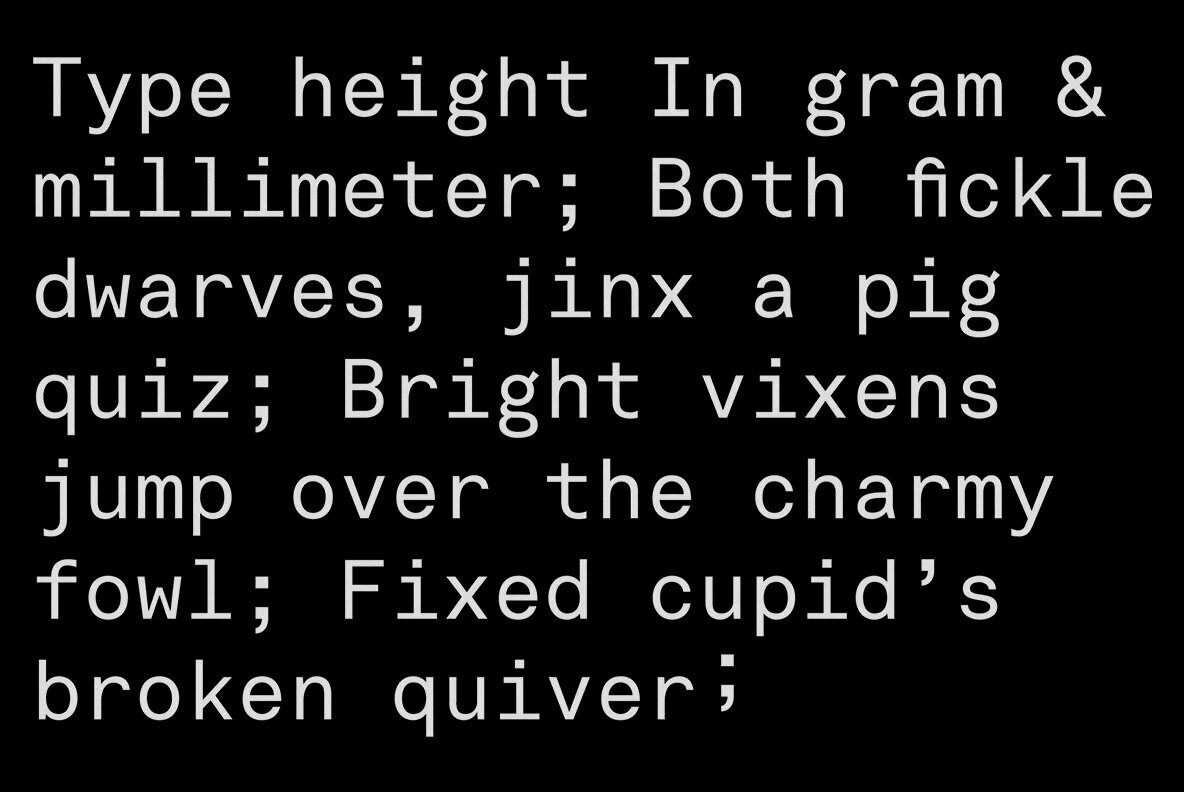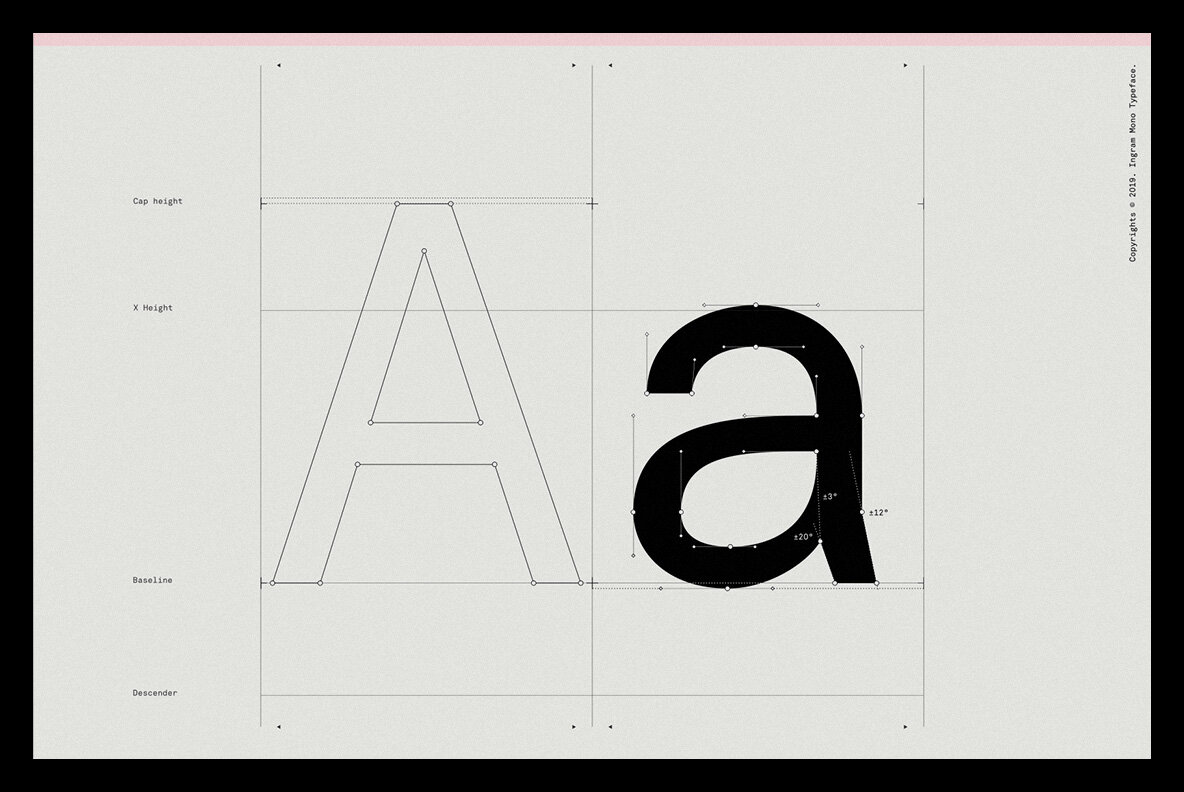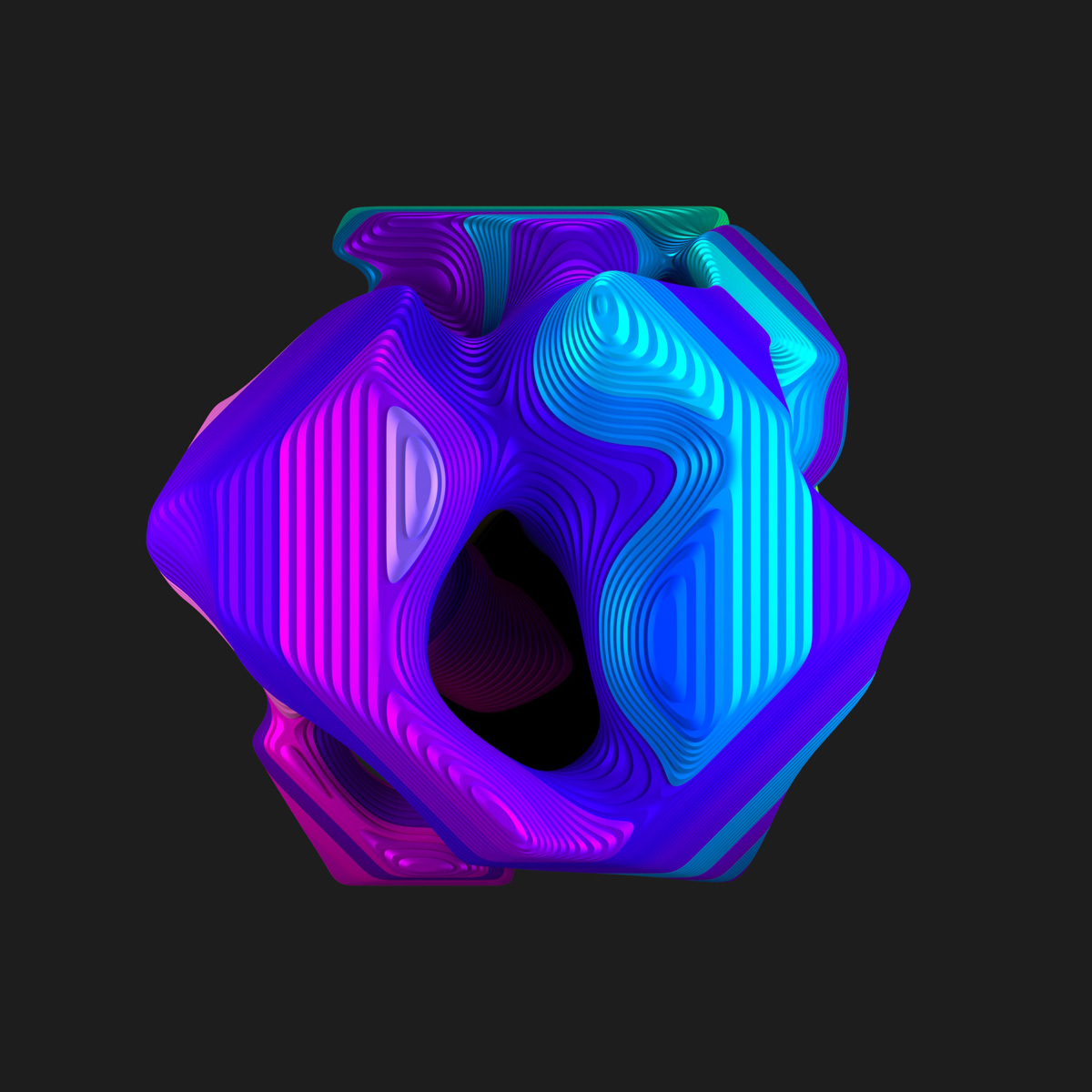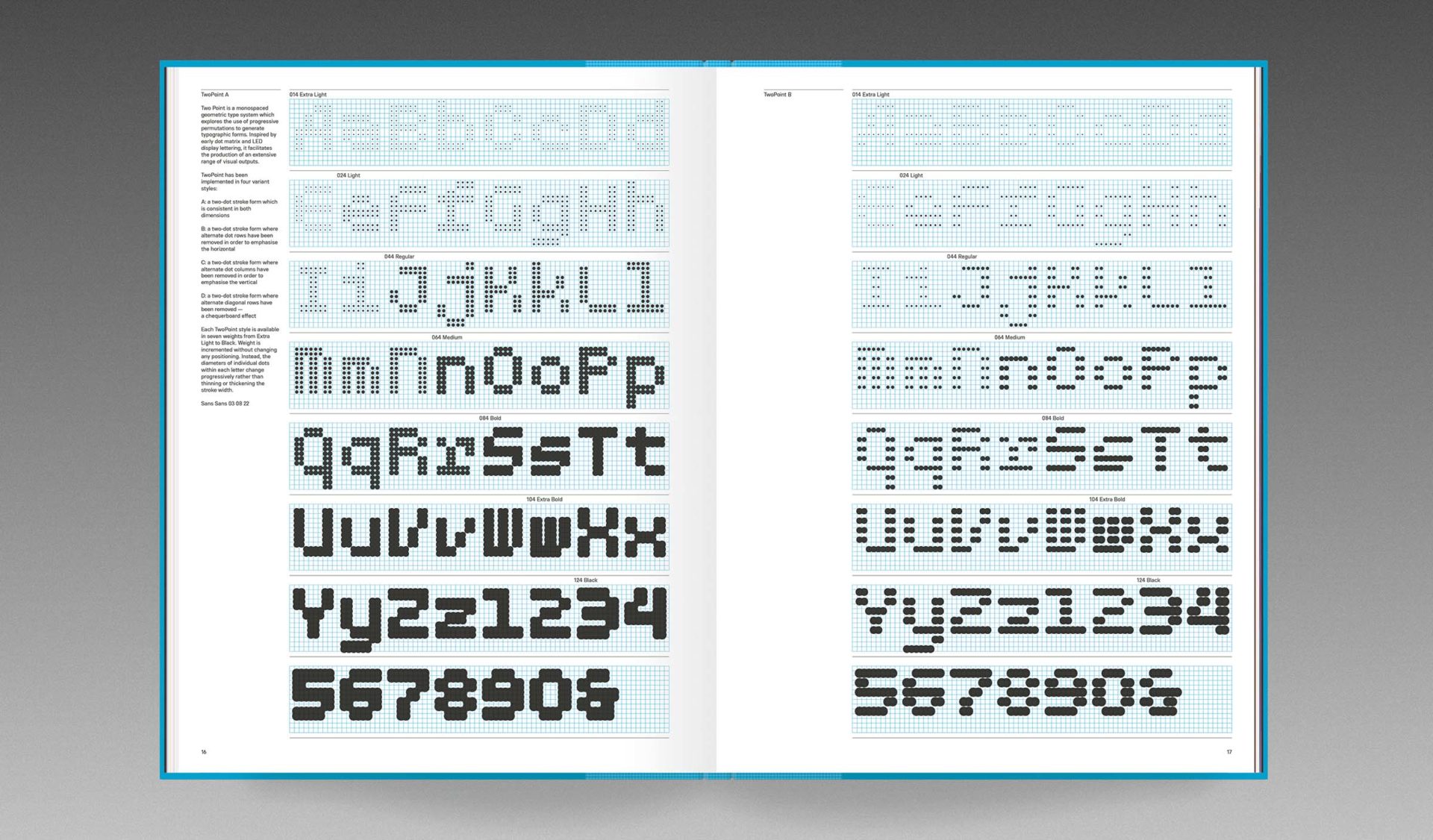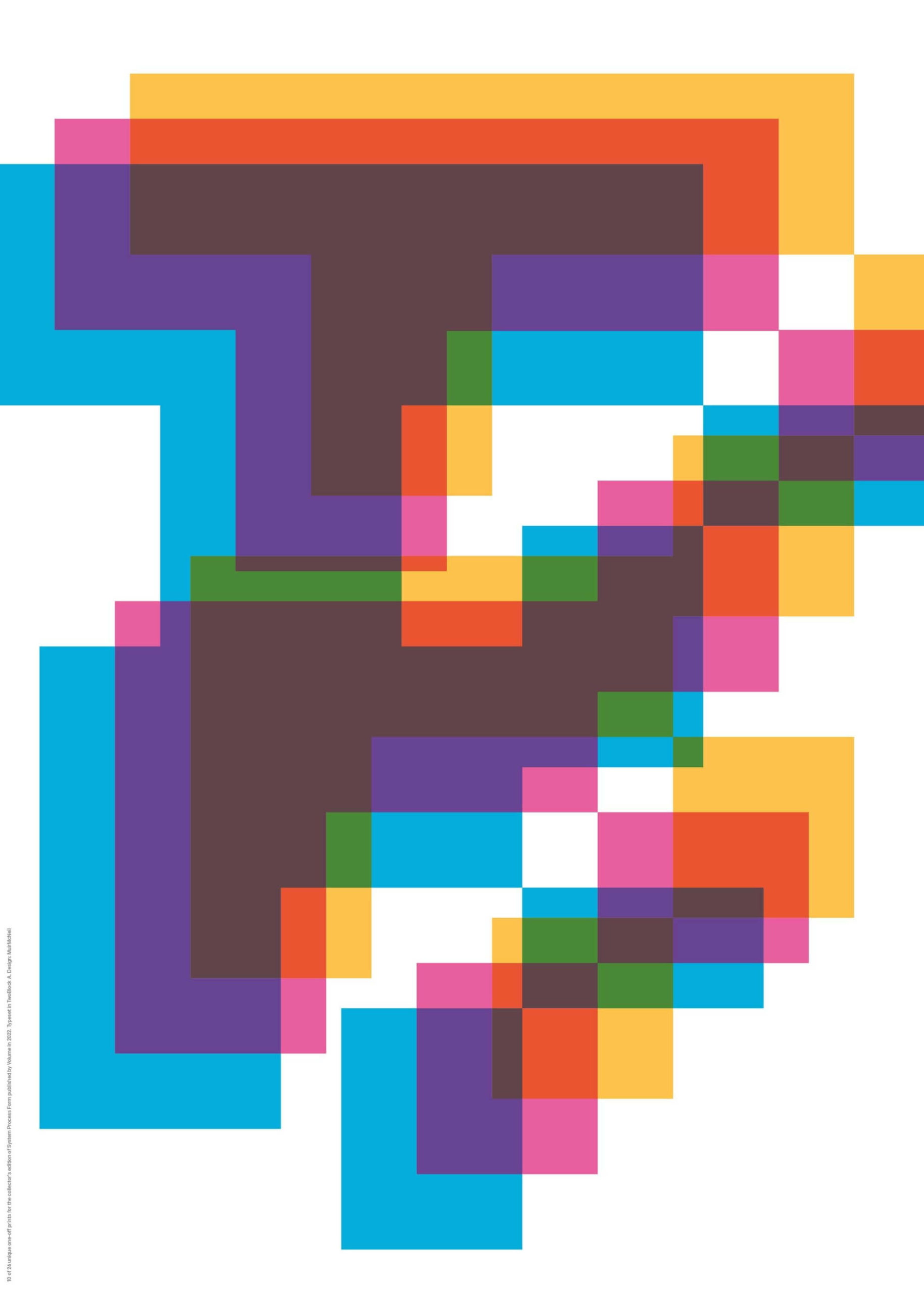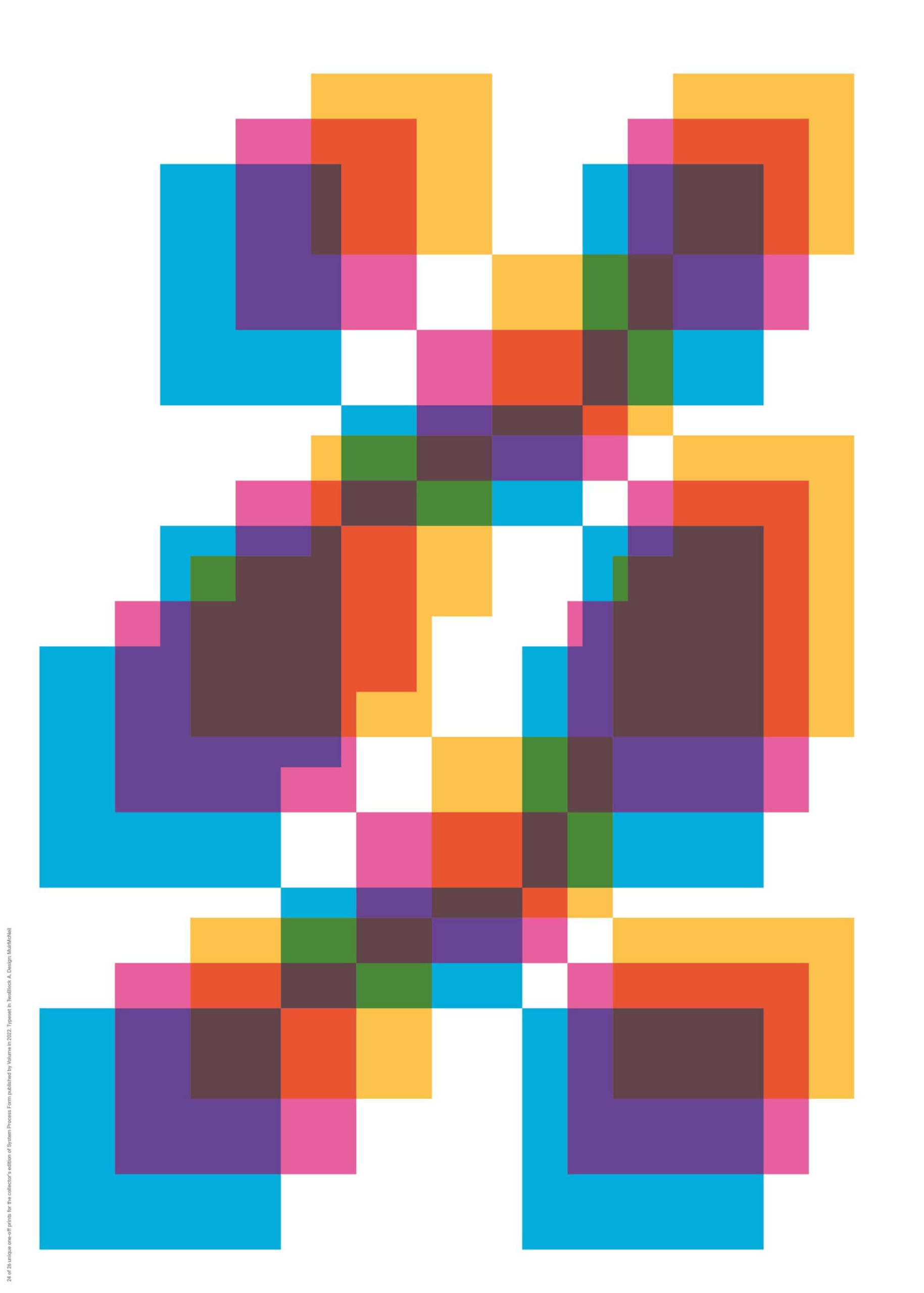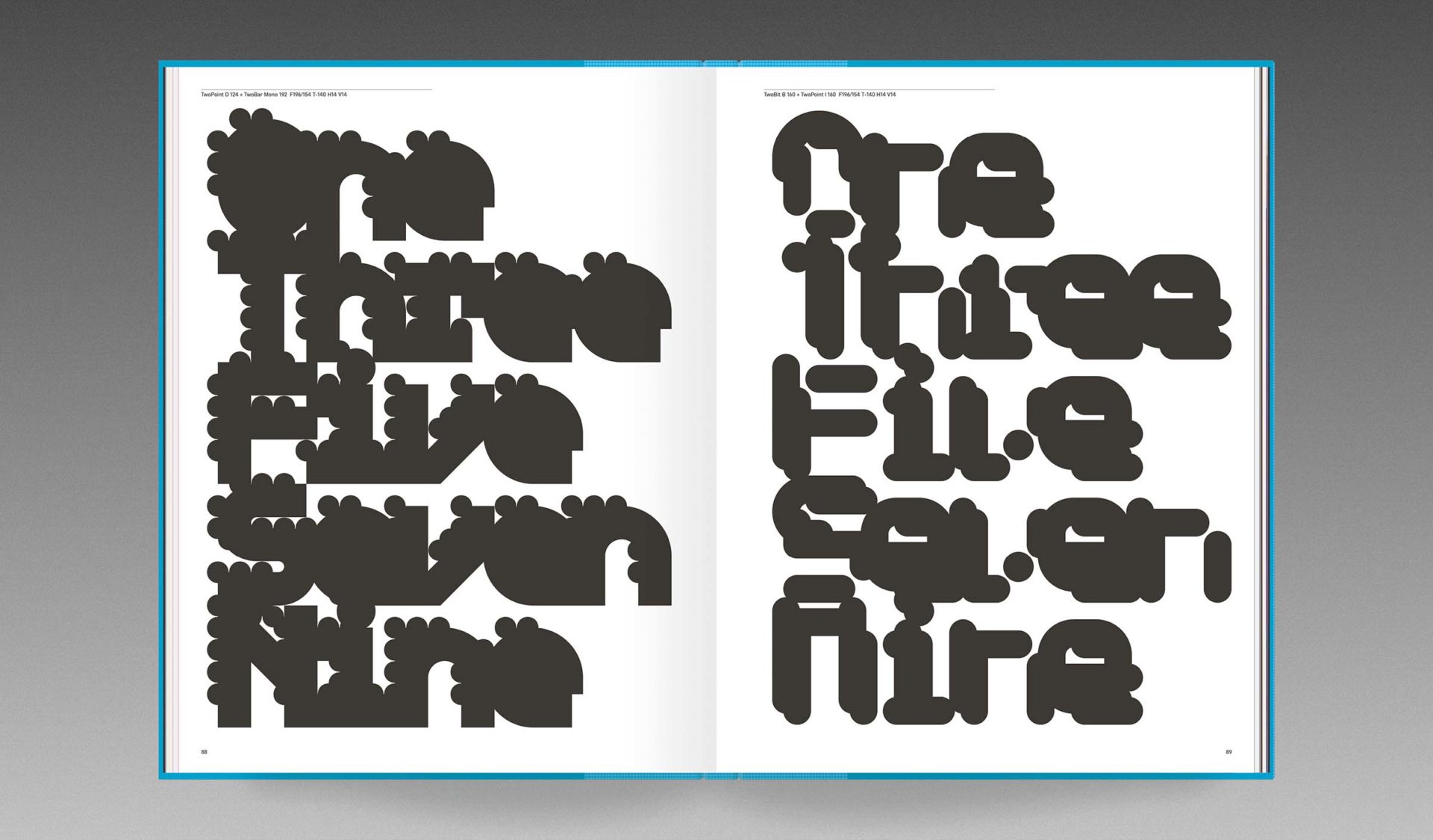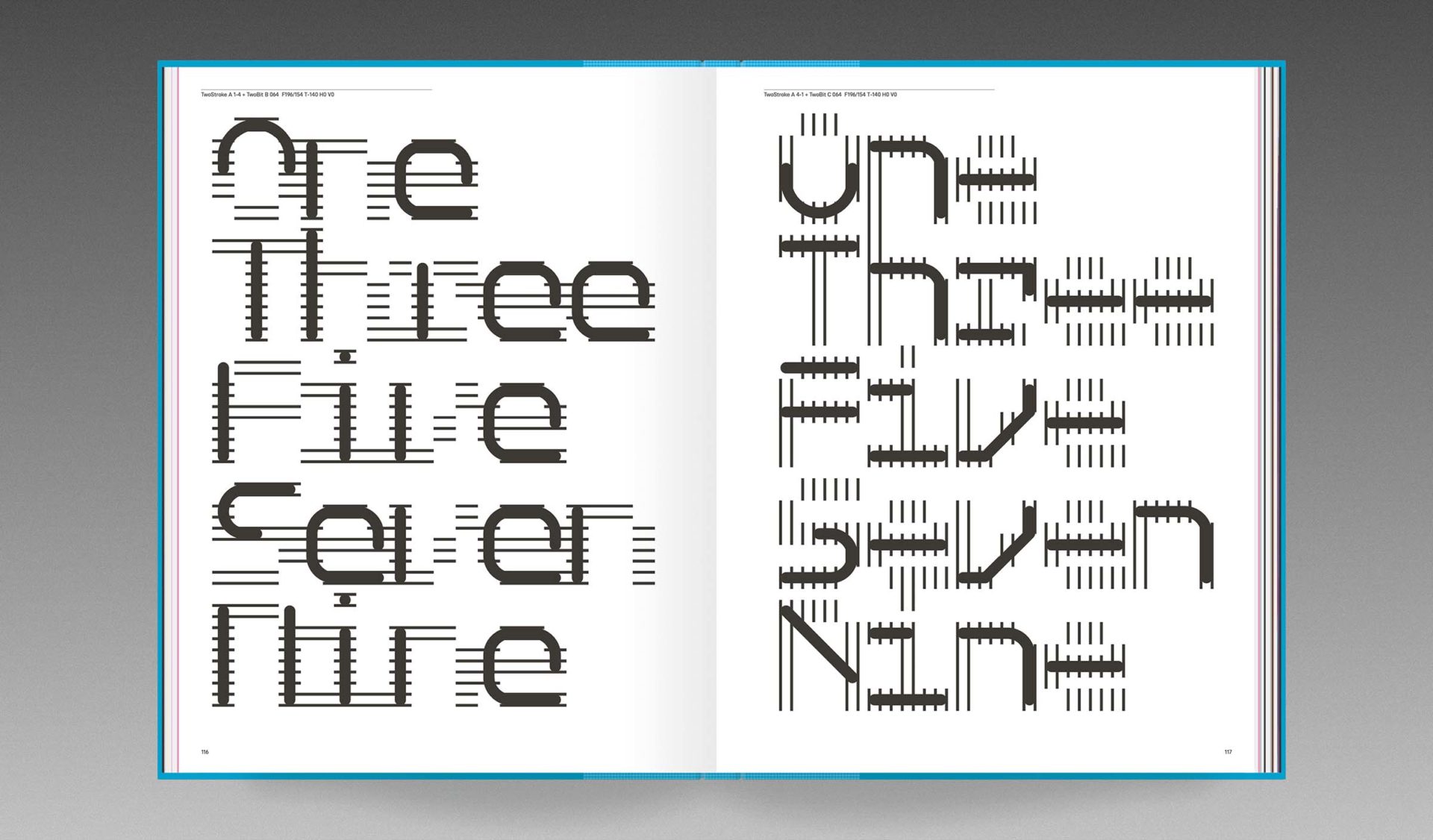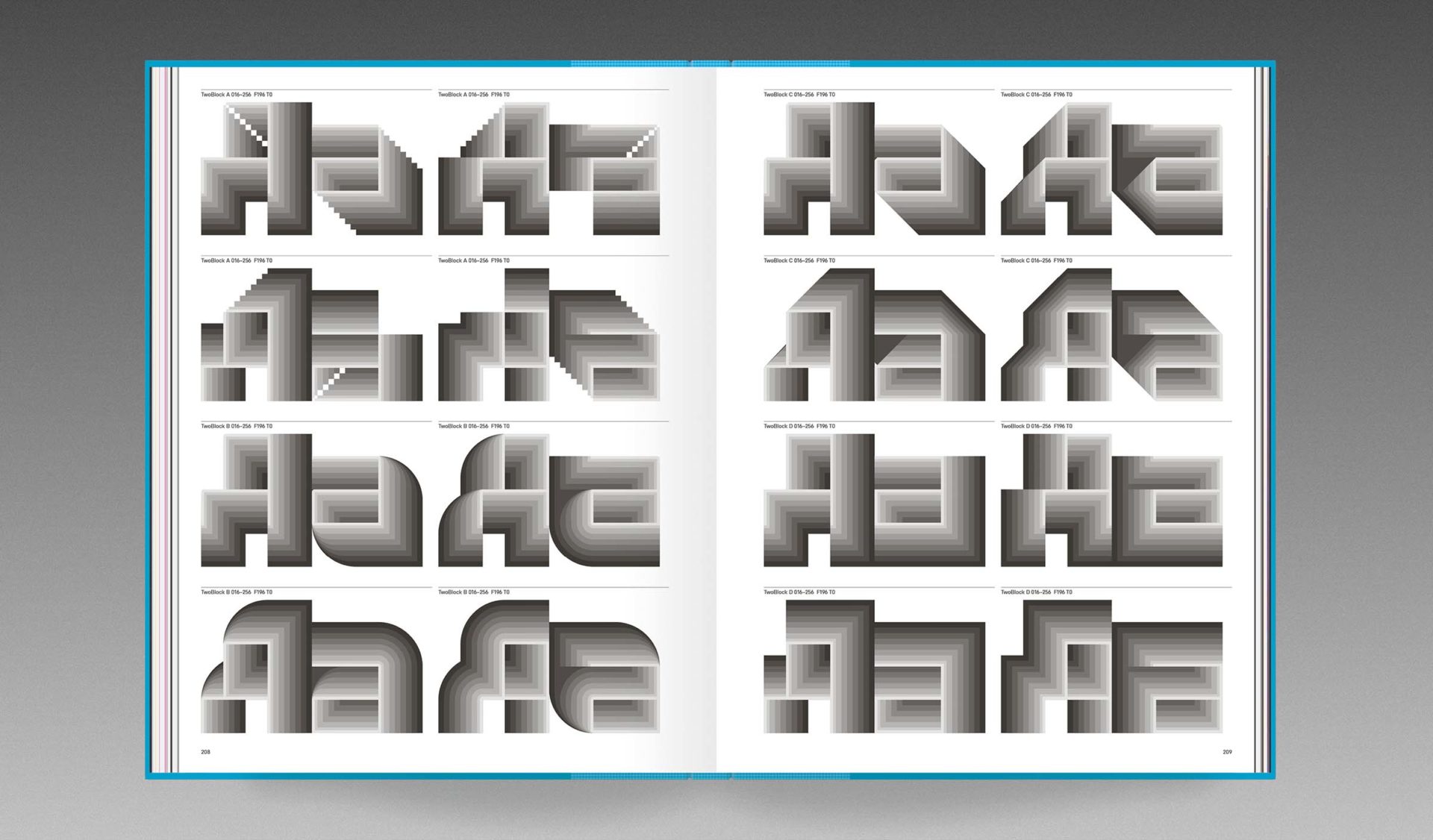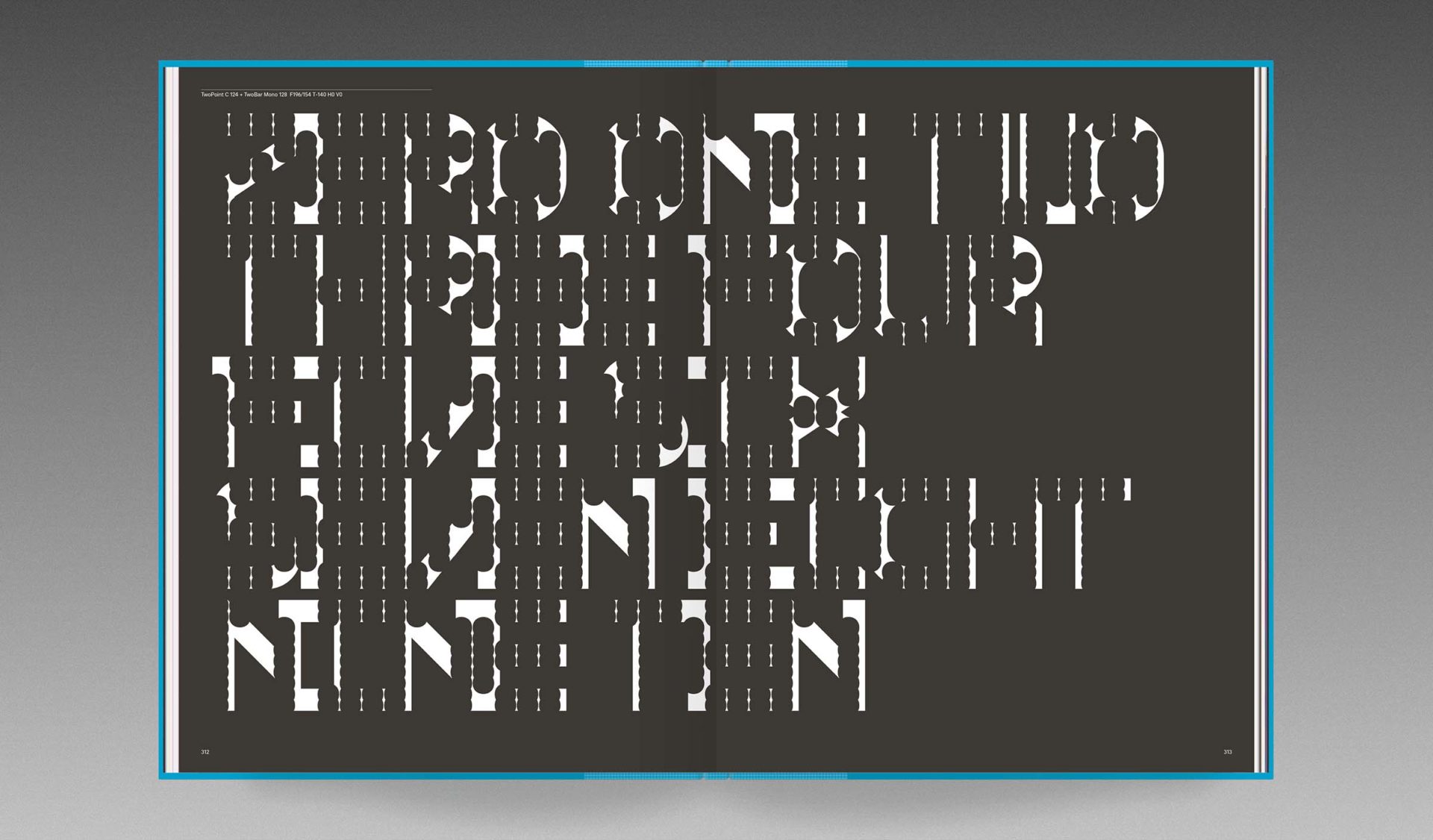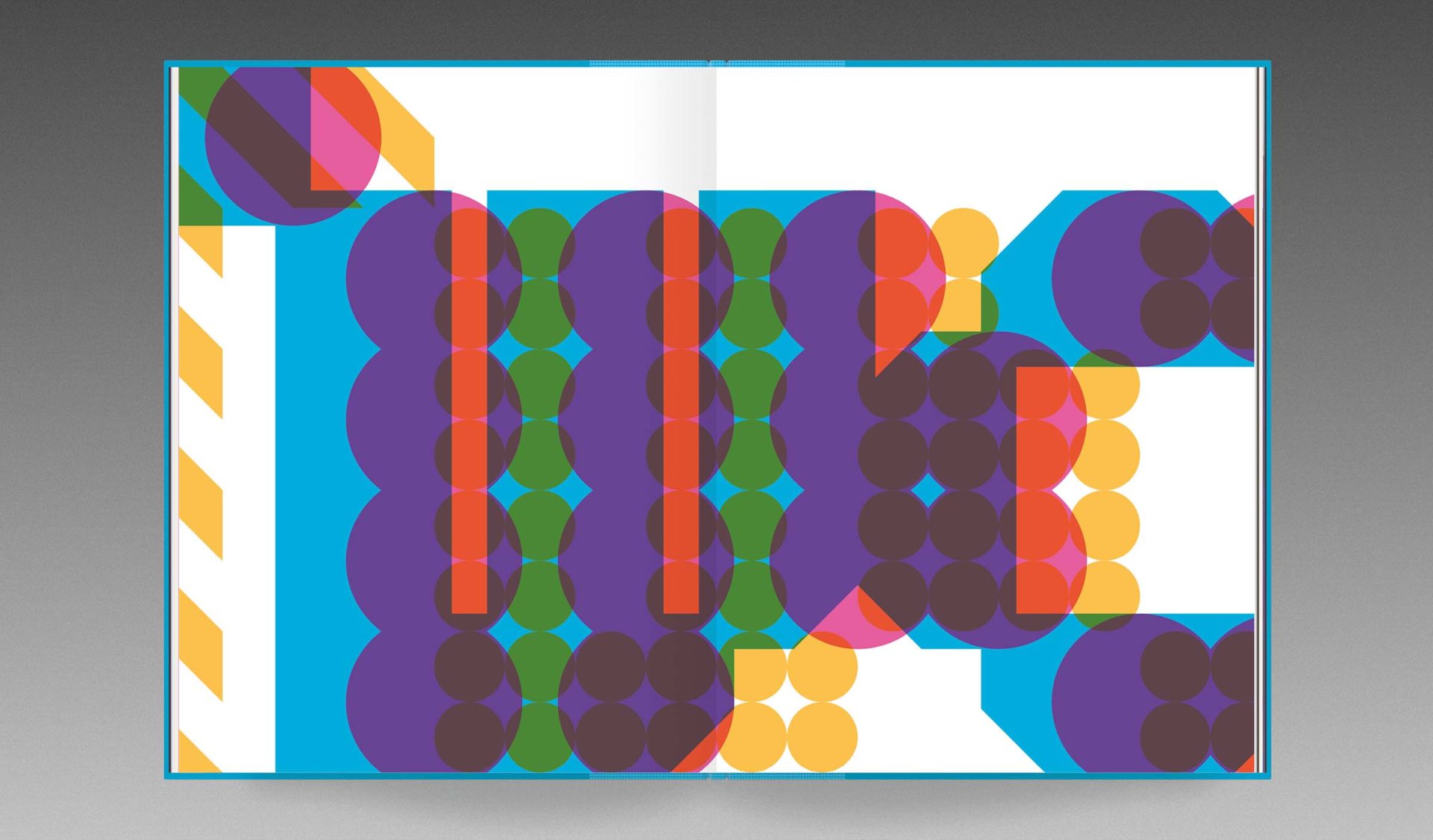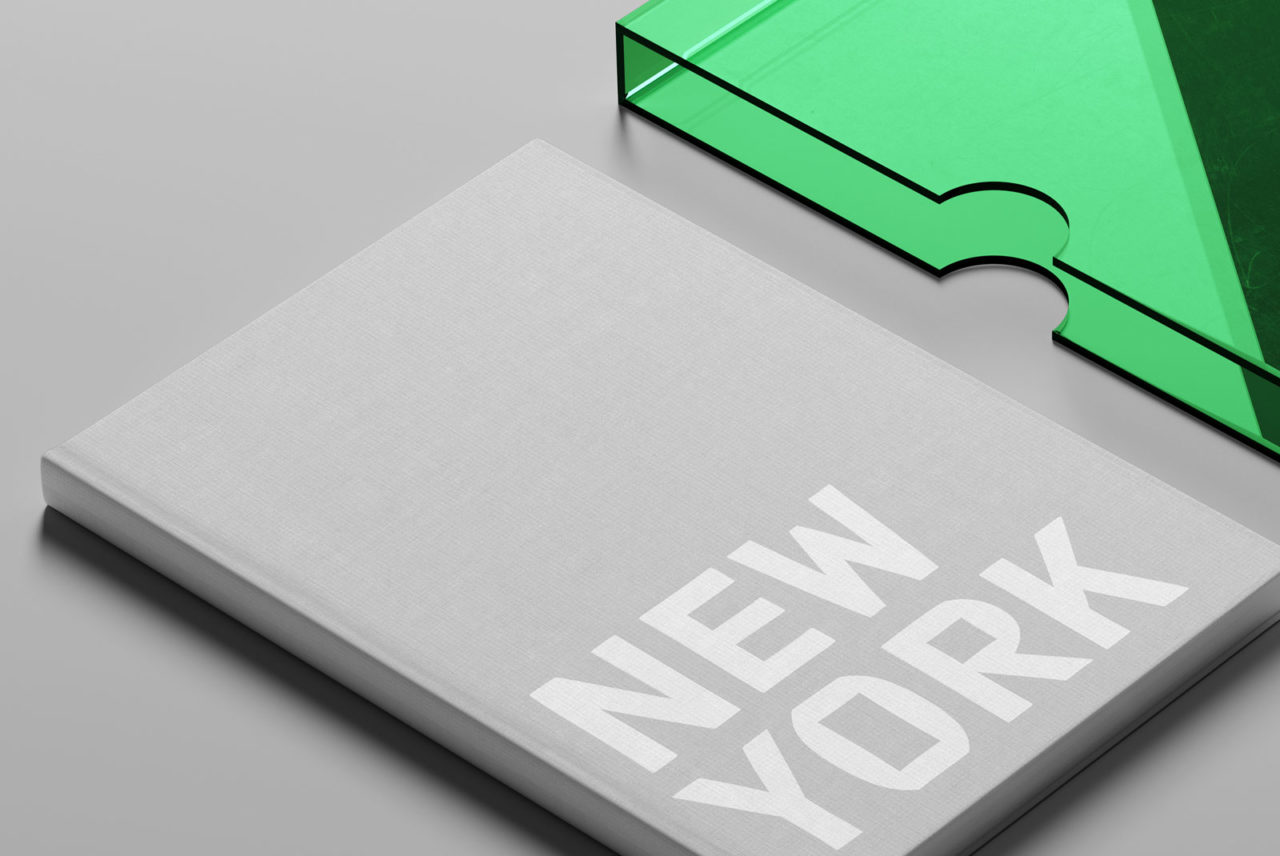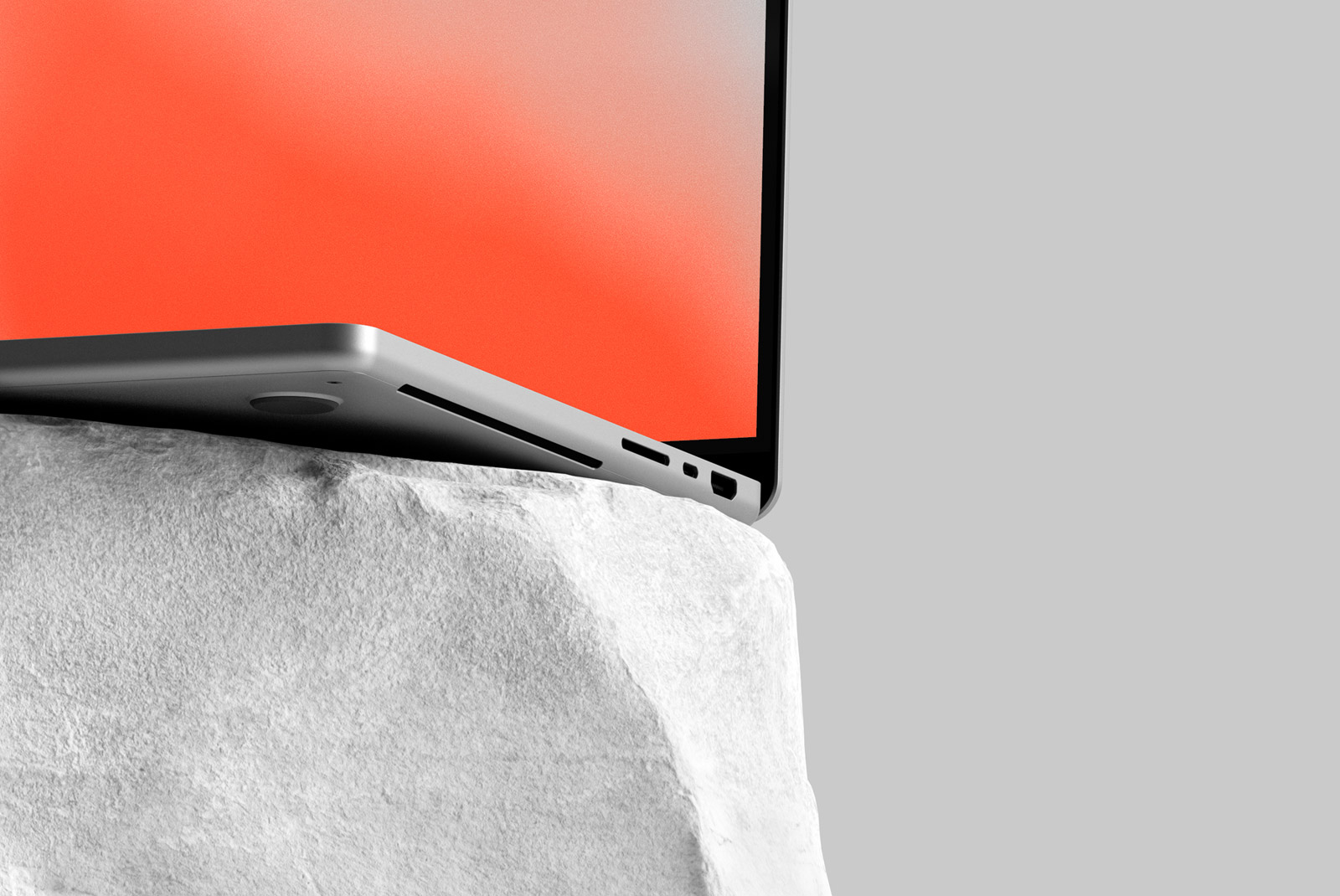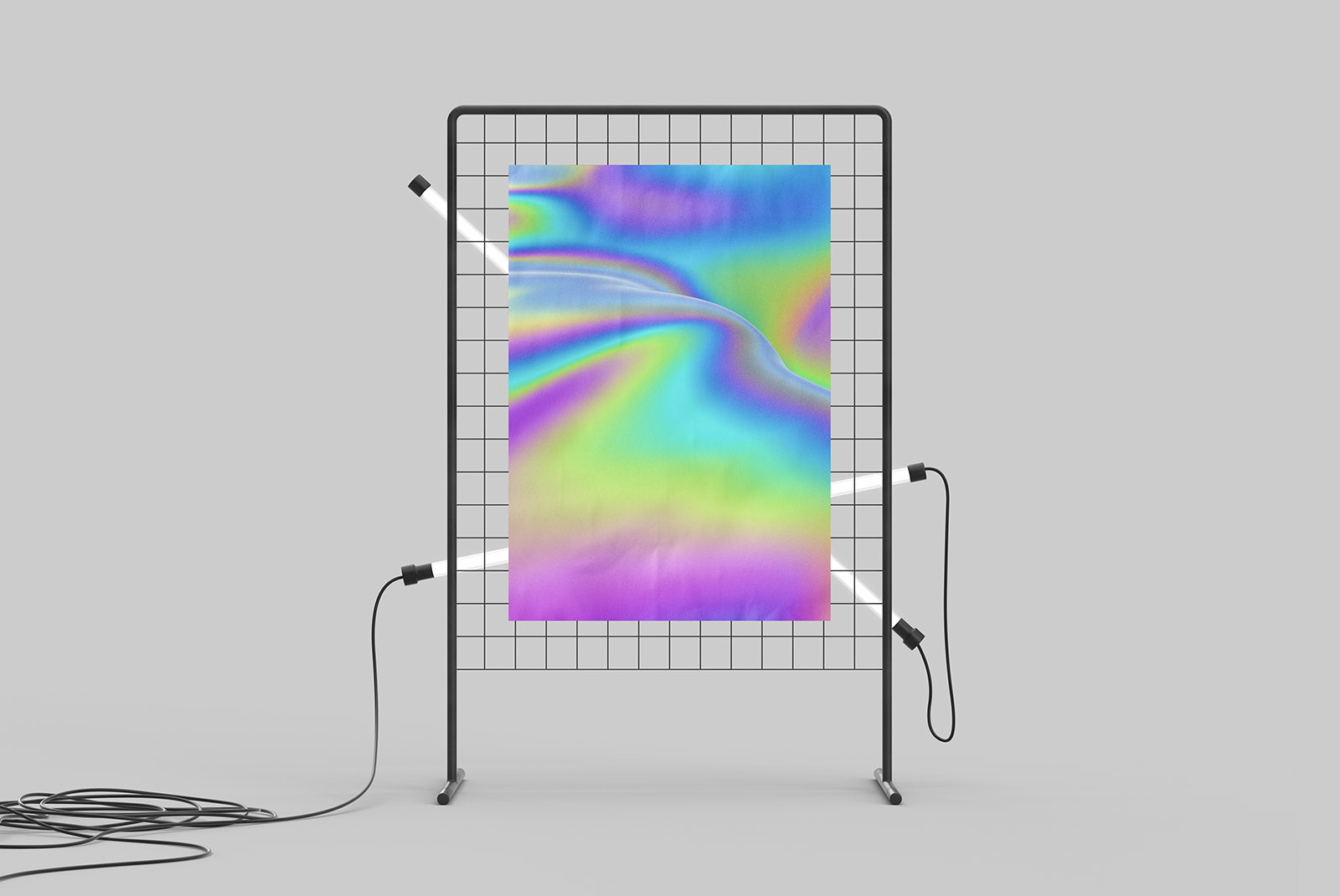The definitive illustrated history of the cult videogame – a heart-thumping fusion of groundbreaking graphic design, architectural futurism, electronic music and high-speed racing.





Overview
WipEout crashed onto the scene in 1995, shifting games into the cultural fast lane with its unique 3D visual designs. It propelled a wondrous hit of anti-gravity, hyperspeed racing into the heart of the freshly-released PlayStation console and, over time, the series – developed by Psygnosis, later known as Studio Liverpool – grew into a cult phenomenon amongst graphic designers and gamers alike. With its club-land branding – devised by cutting-edge Sheffield agency The Designers Republic, and its on-the-pulse electronic soundtrack featuring artists such as The Chemical Brothers, The Prodigy and Orbital, WipEout was not only a racing game – it was a vehicle for art.
WipEout: Futurism chronicles the iconic game’s vision, struggles and achievements – from first conception to future plans, in a distinctive union of trailblazing artwork and graphic design. The extraordinary, and rarely seen, concept art created for the game is beautifully reproduced throughout the book, while The Designers Republic’s peerless vision for an alternative future – with its roots planted in the rich earth of sci-fi iconography – weaves its way throughout the pages, making this publication a densely packed expansion to the beloved series.
Created by Read-Only Memory and art-directed by The Designers Republic alumni Michael C Place / Studio Build, this book is for those who are well-acquainted with the delights of WipEout and for whom this futuristic, epoch-defining creation is yet to be discovered.
The Book
Working its way through the fascinating creation story and cultural footprint of the WipEout game series, WipEout: Futurism offers unprecedented access to the game’s visual archives and reveals the creative processes behind the teams, tracks, vehicles and iconography that define the series. Within these pages you will find original concept art, promotional materials, in-game photography, the monumental graphic design work of The Designers Republic and much more.
The book also includes exclusive interviews with electronic duo Orbital’s Paul Hartnoll, sound designer Loïc Couthier, writer Damon Fairclough, game director Stuart Tilley and more.
The layout showcases a specially-crafted, WipEout-inspired design – with art direction by Michael C Place, whose graphic-design roots lie in tDR during the years WipEout was created.
Pre-Order at Vol.co (Sold Out)




